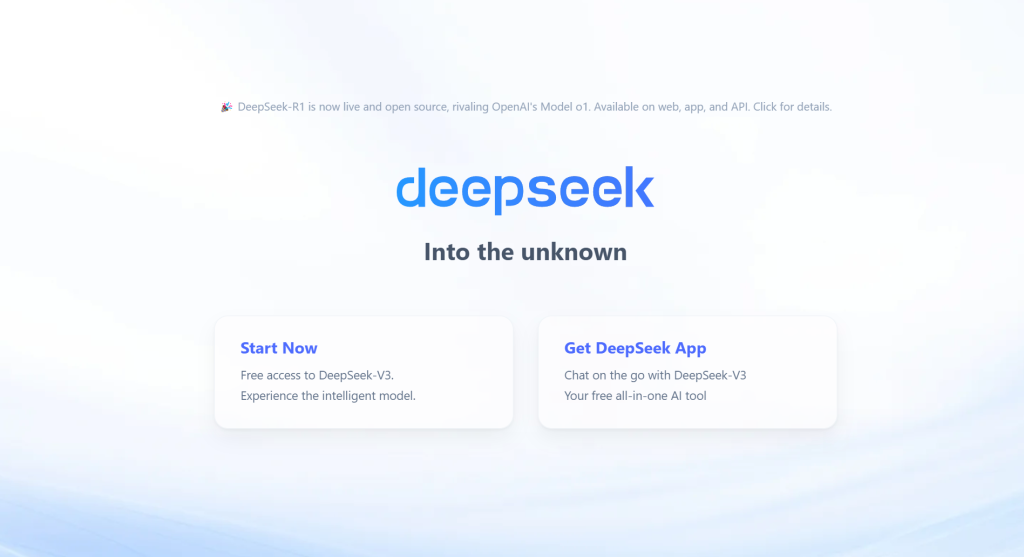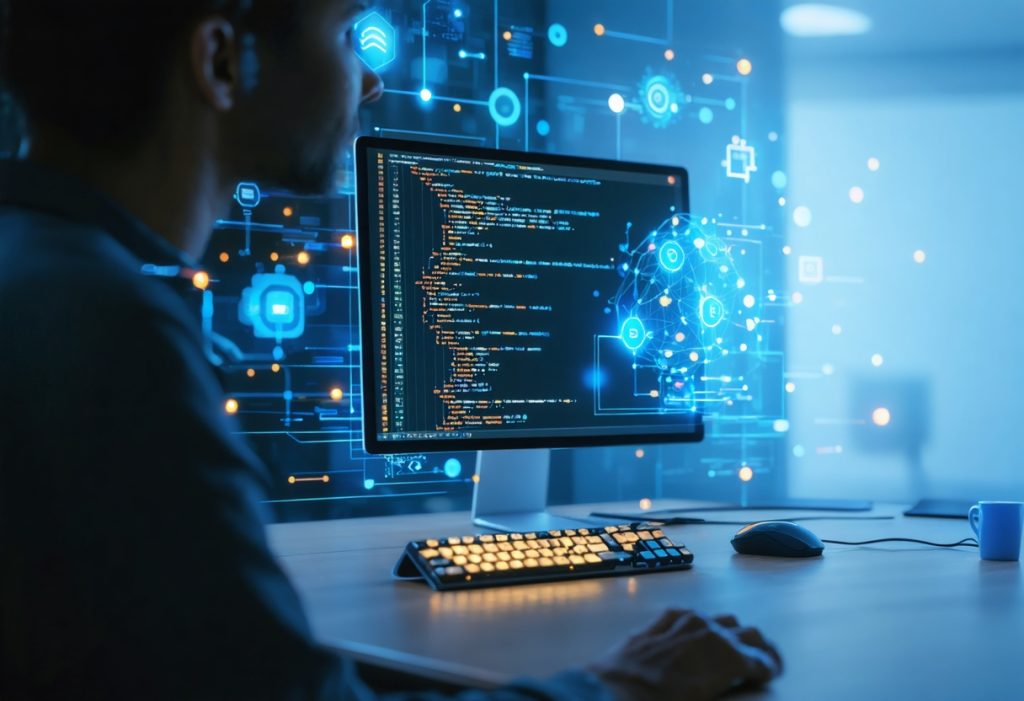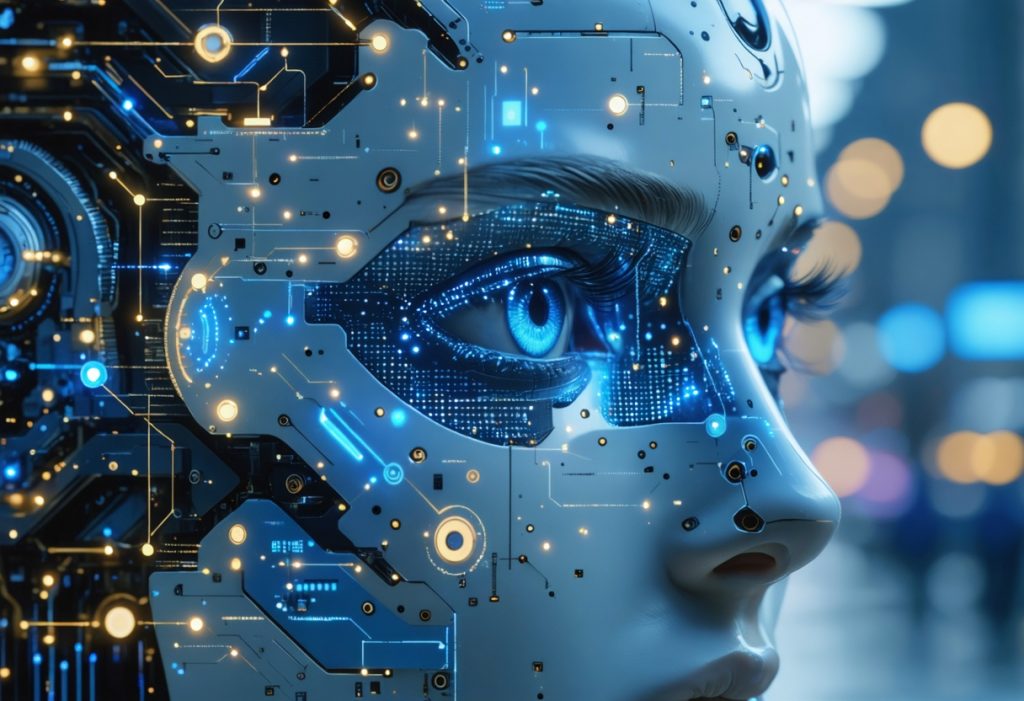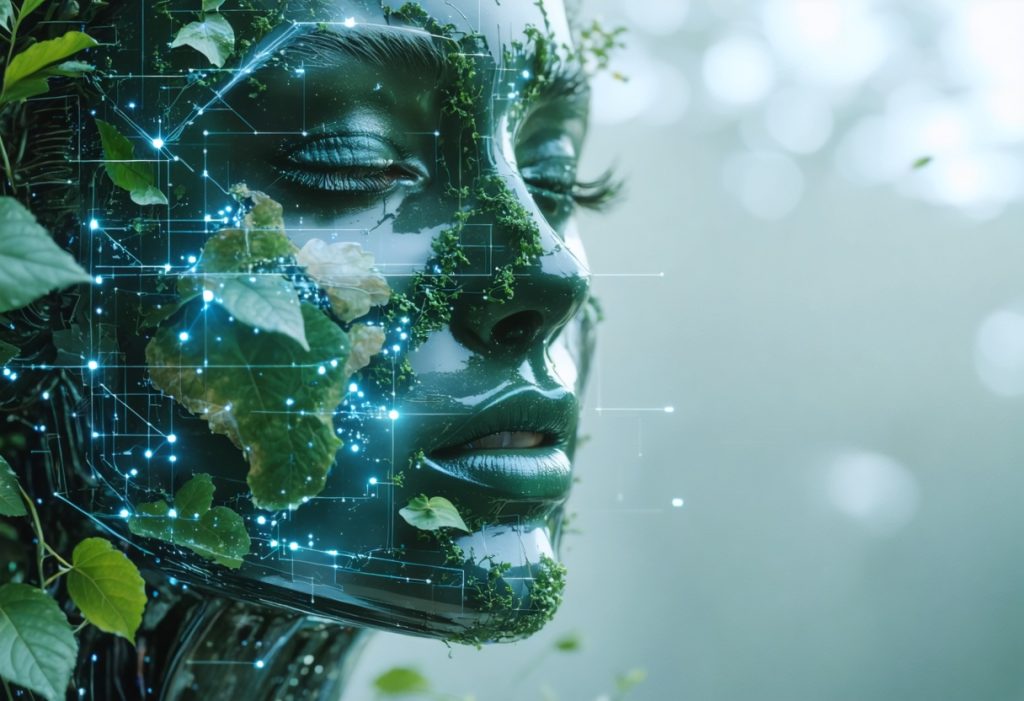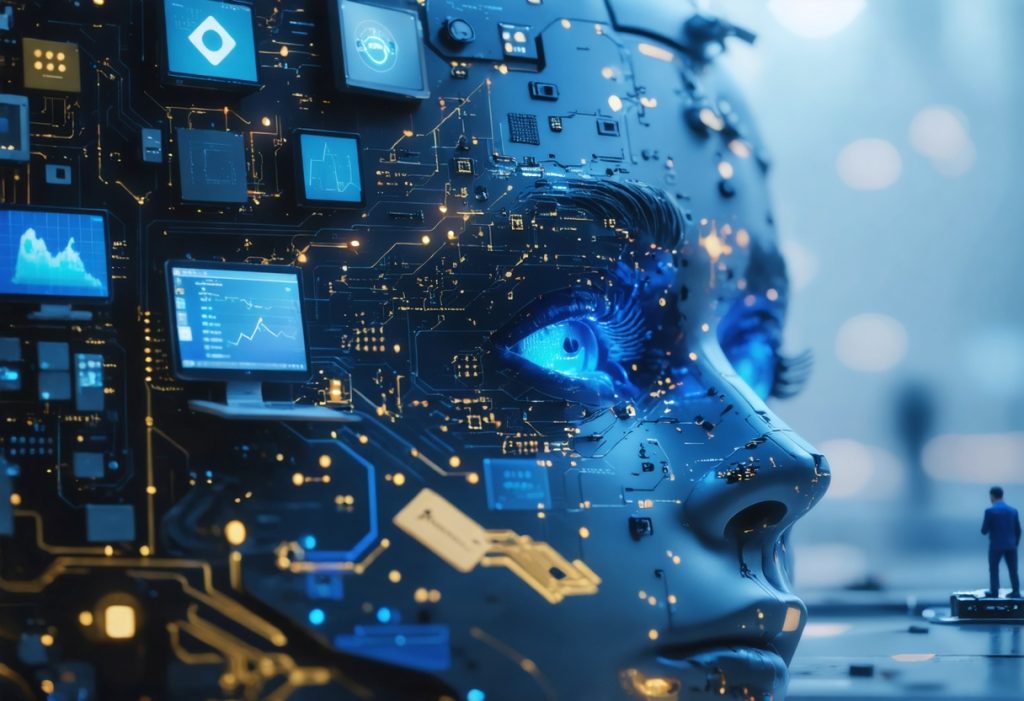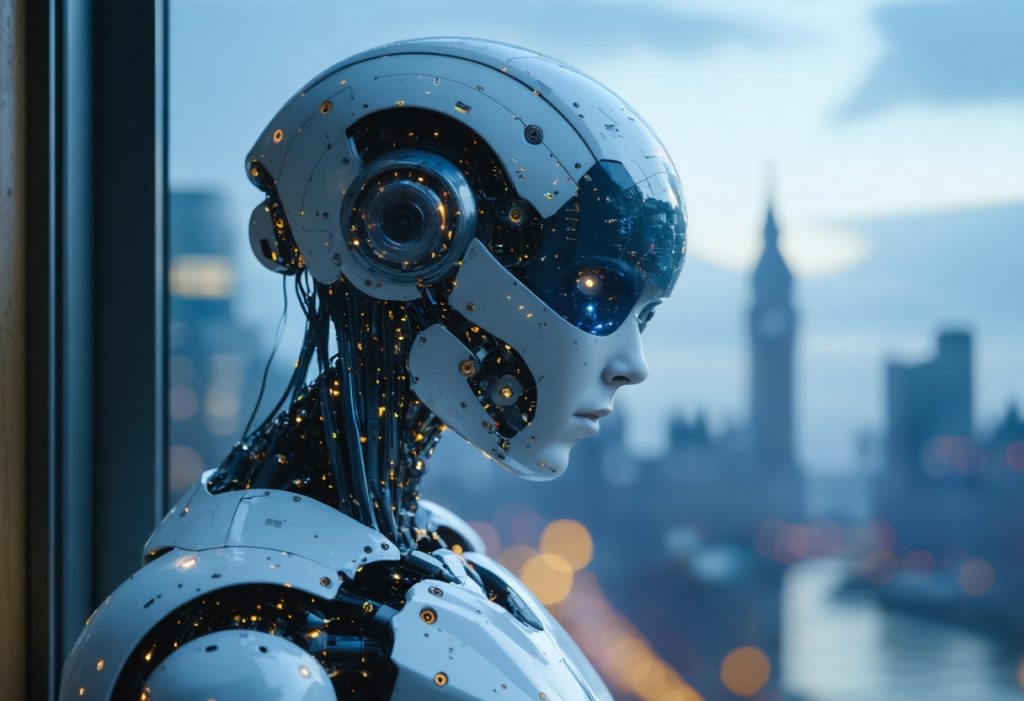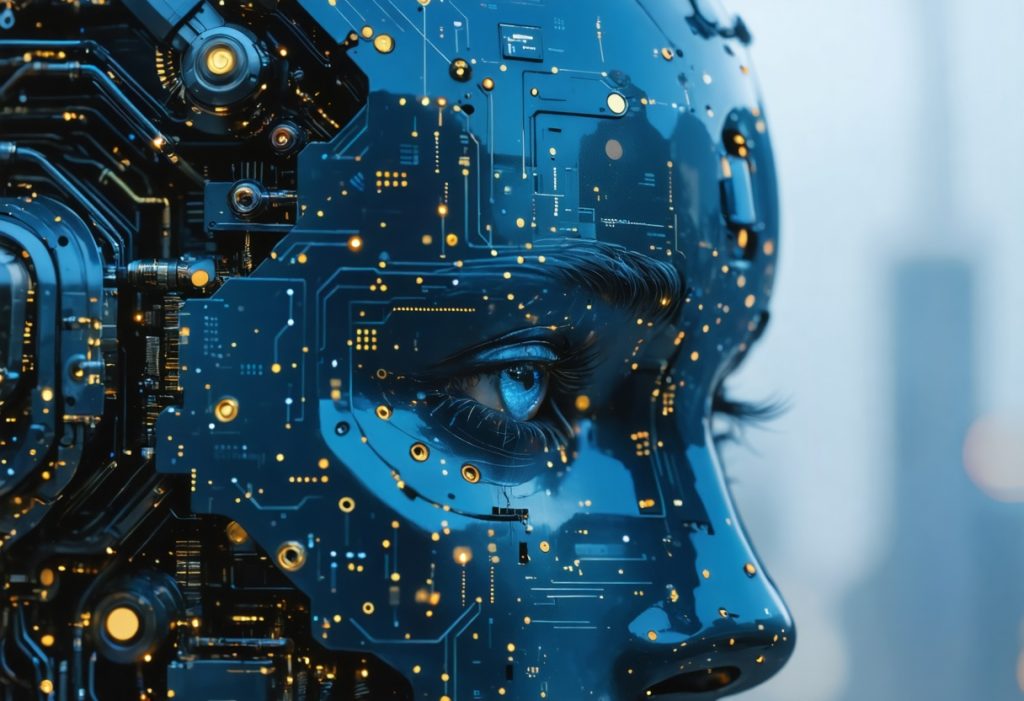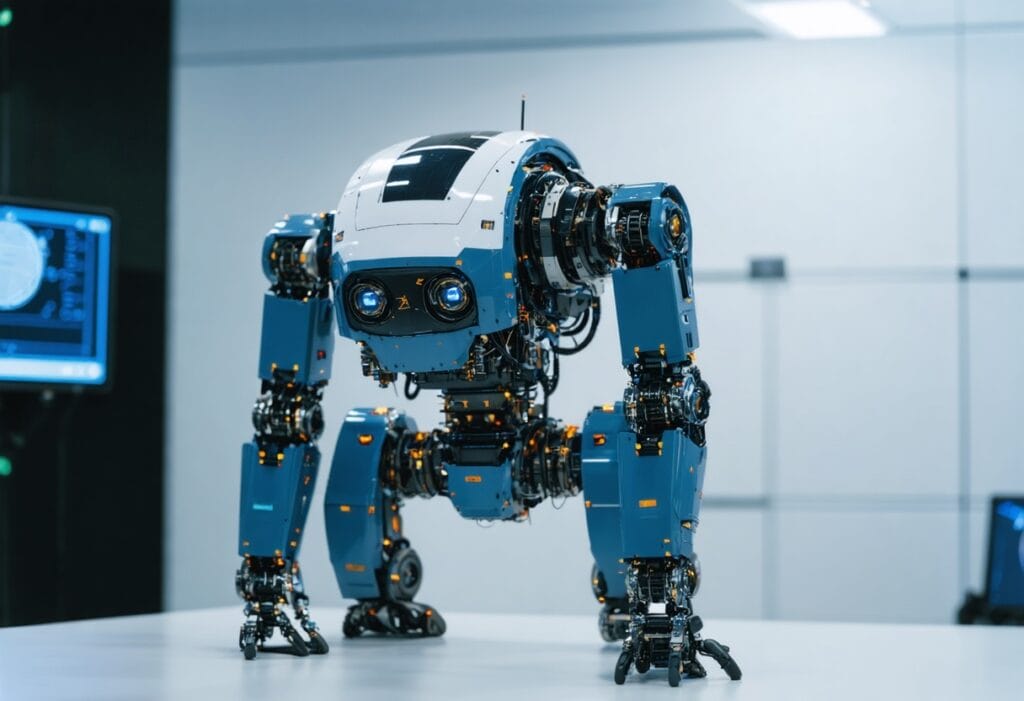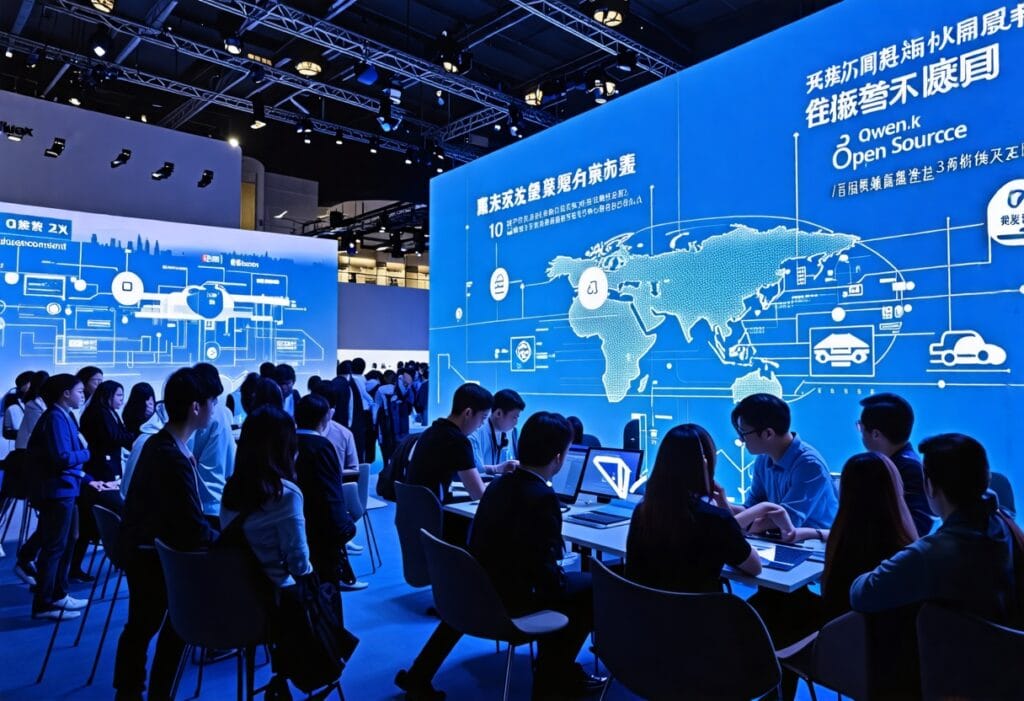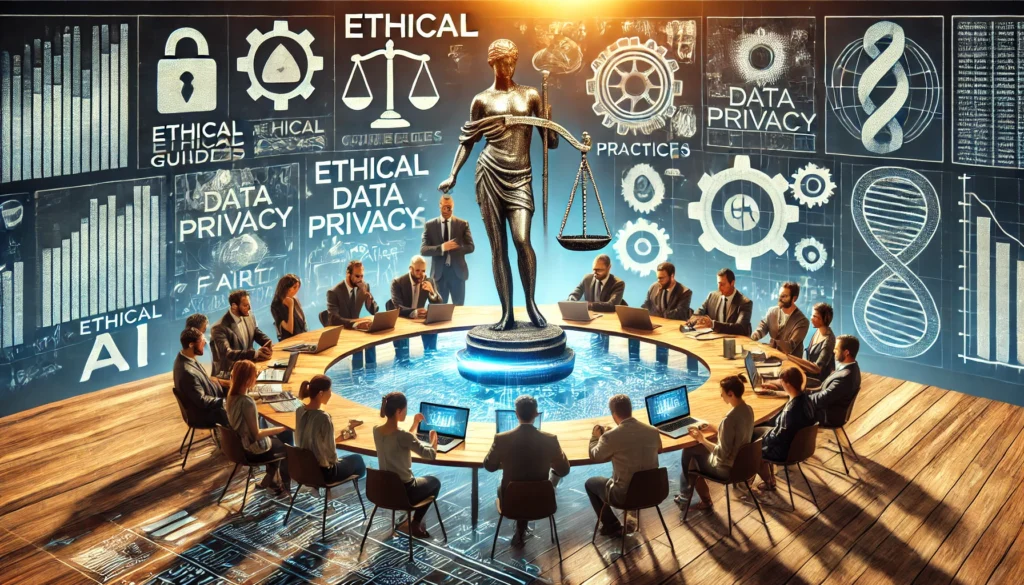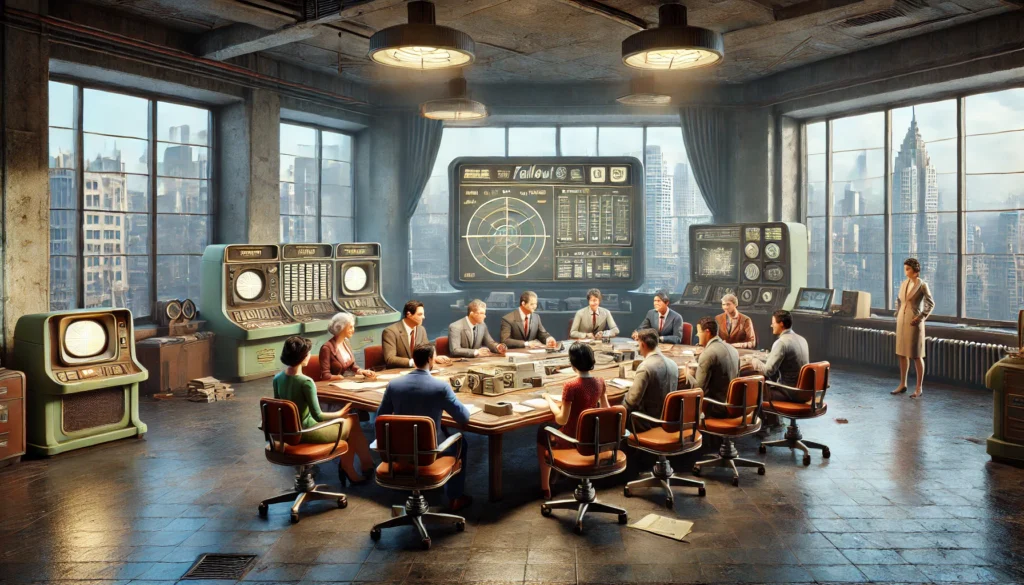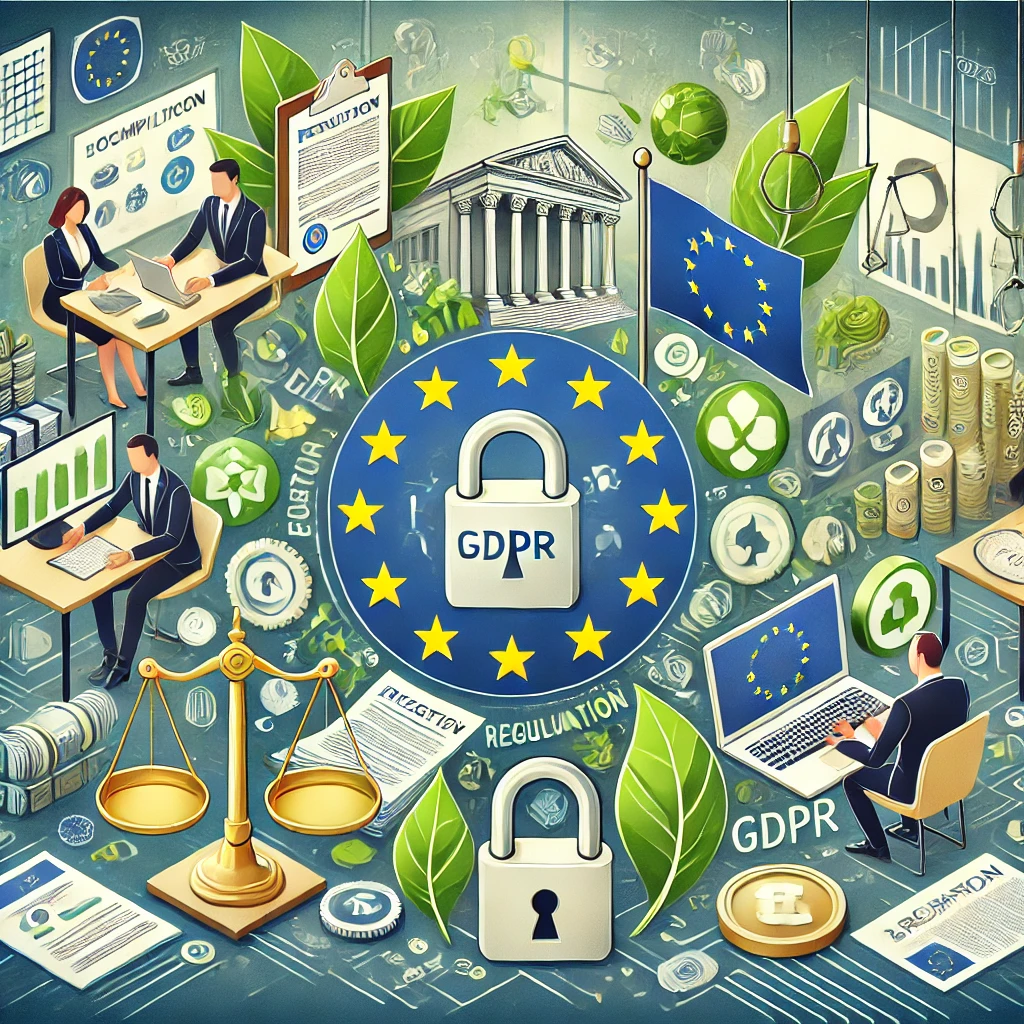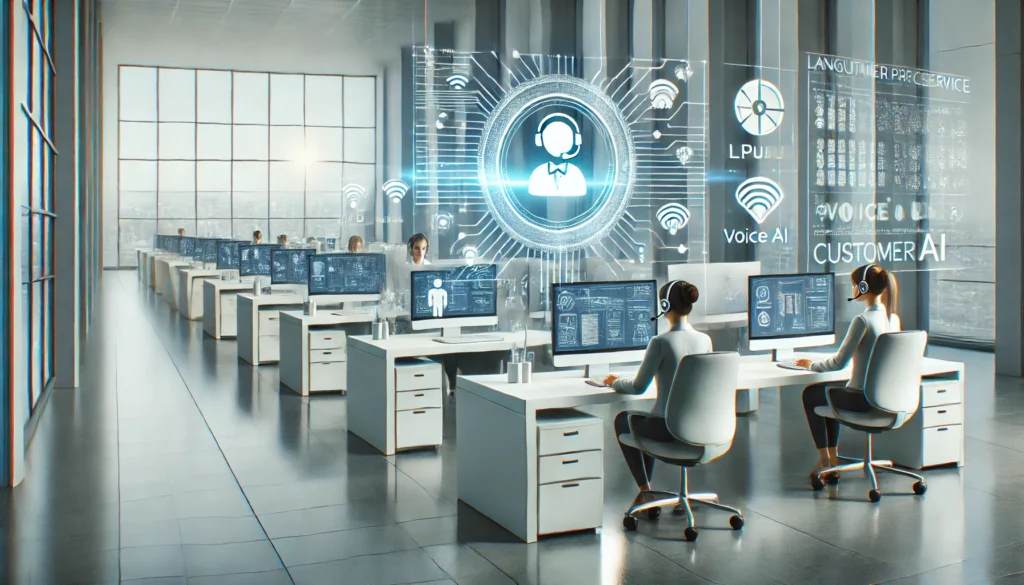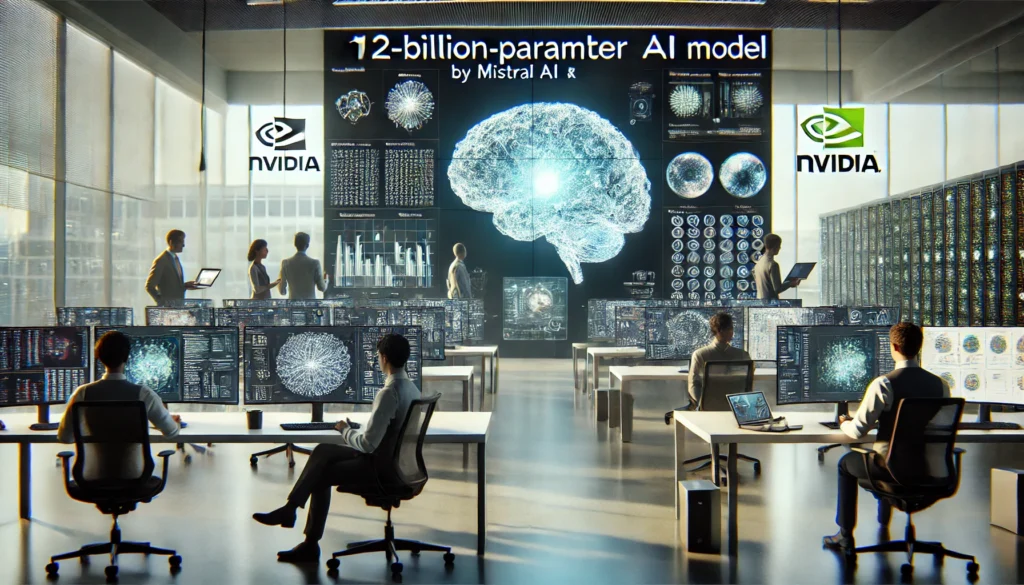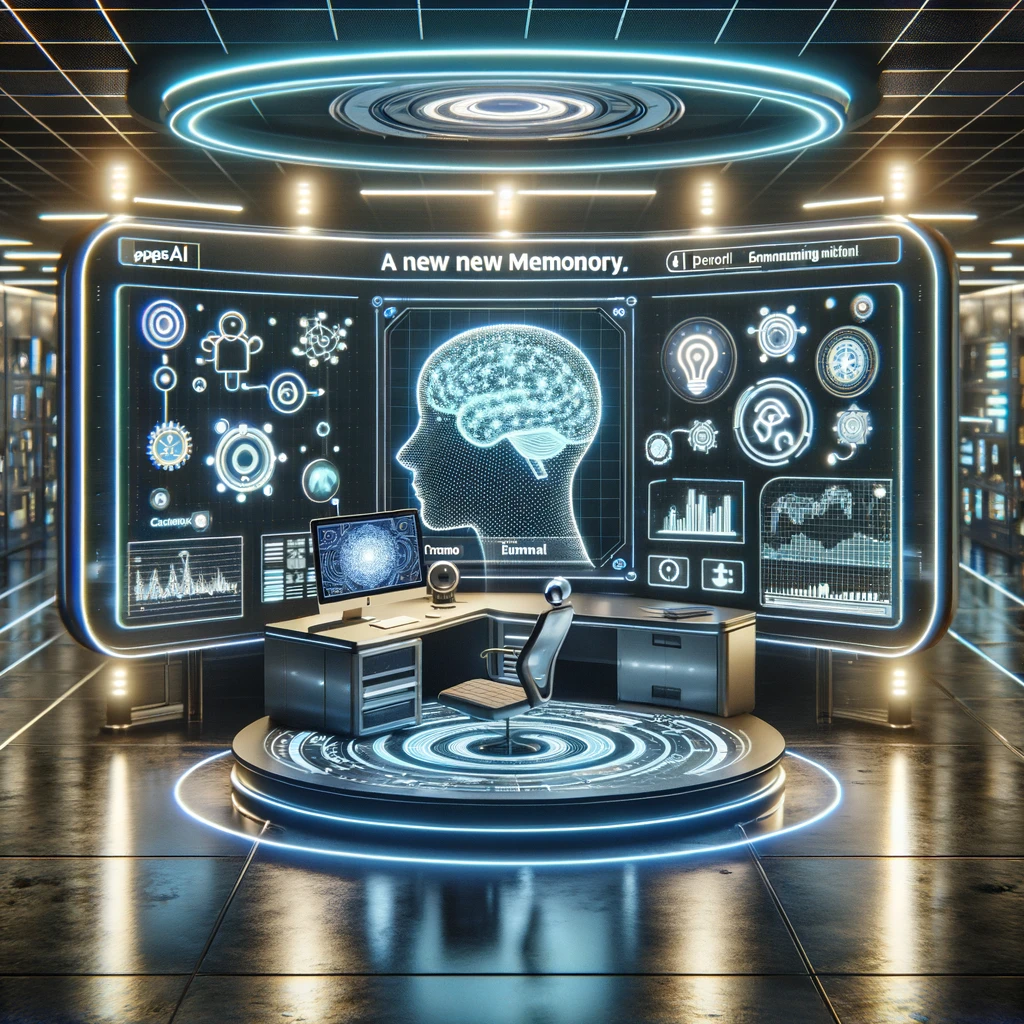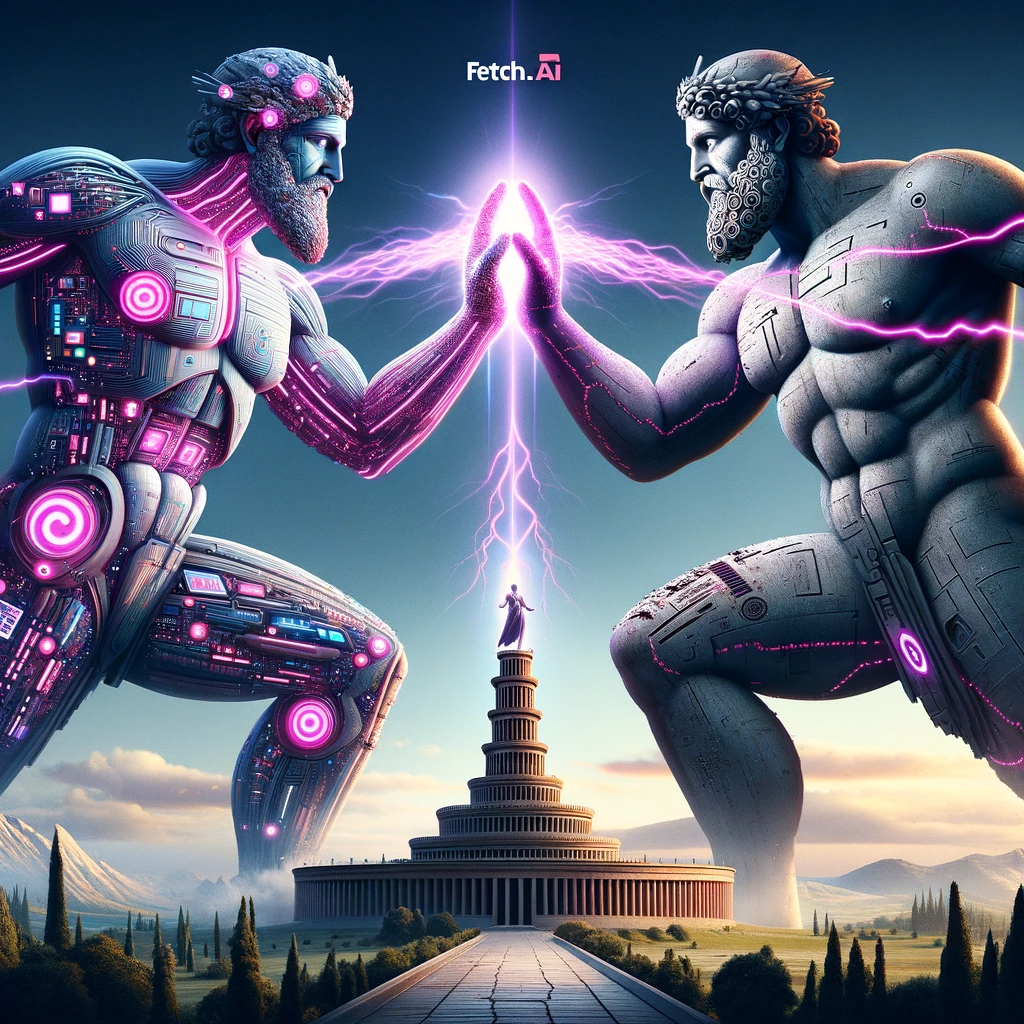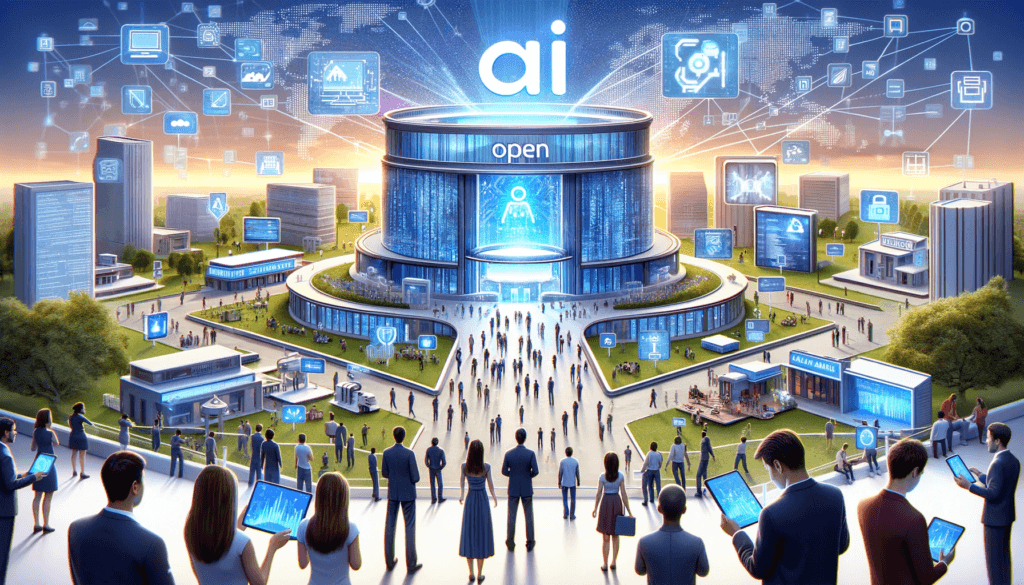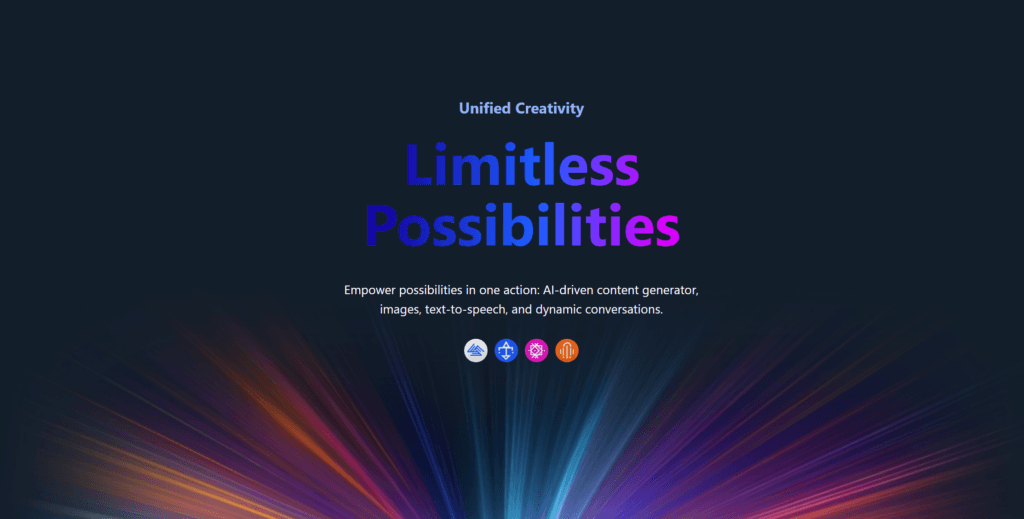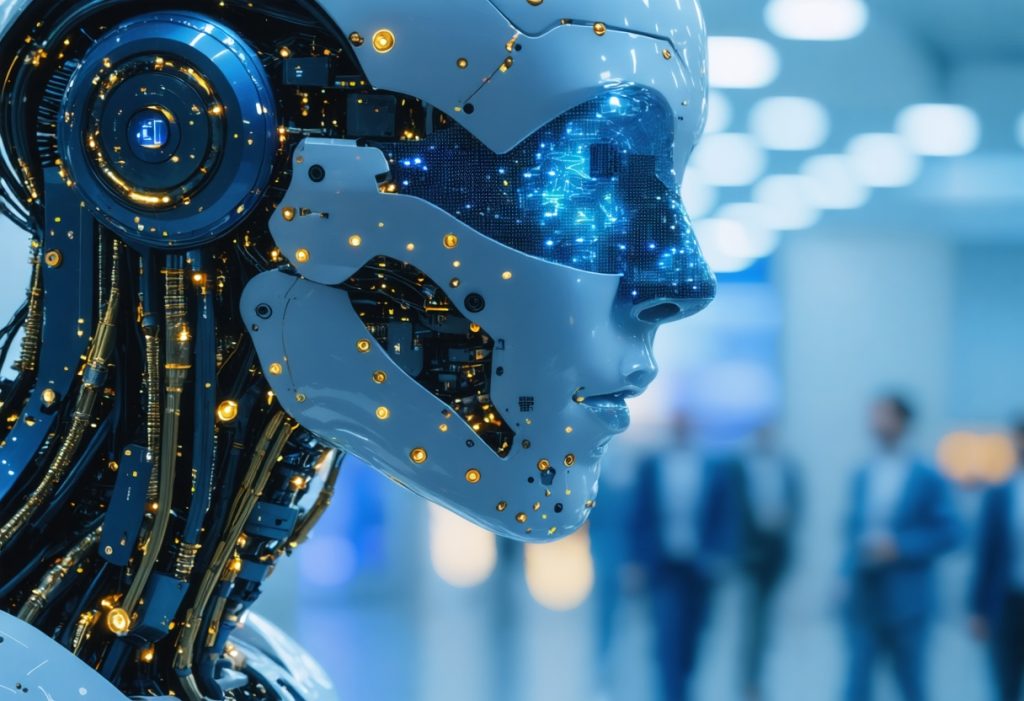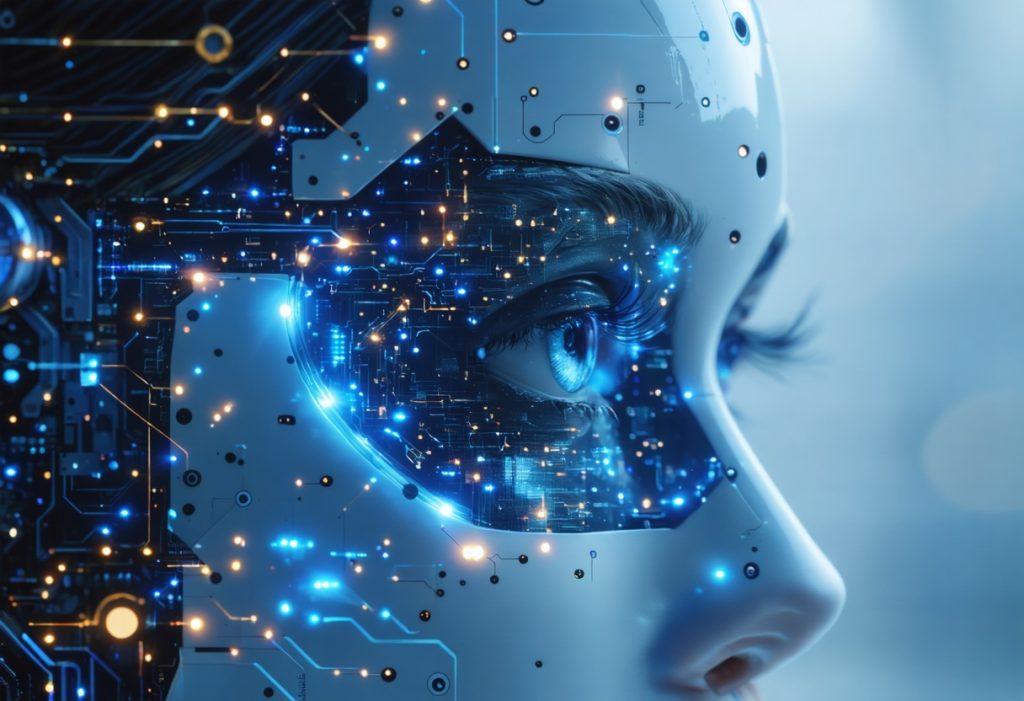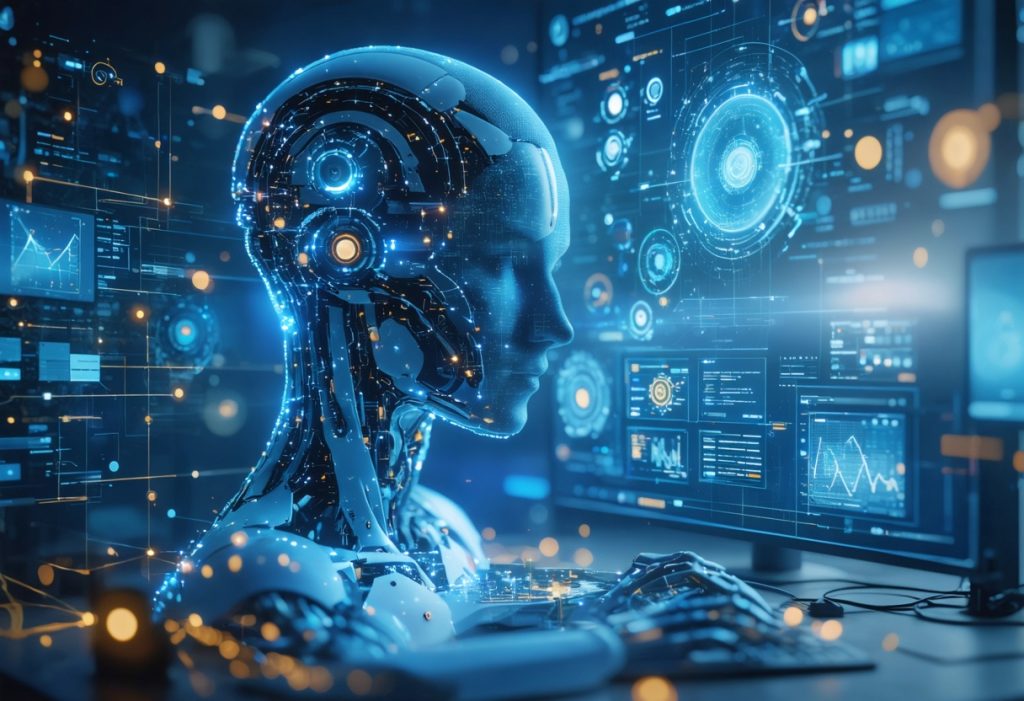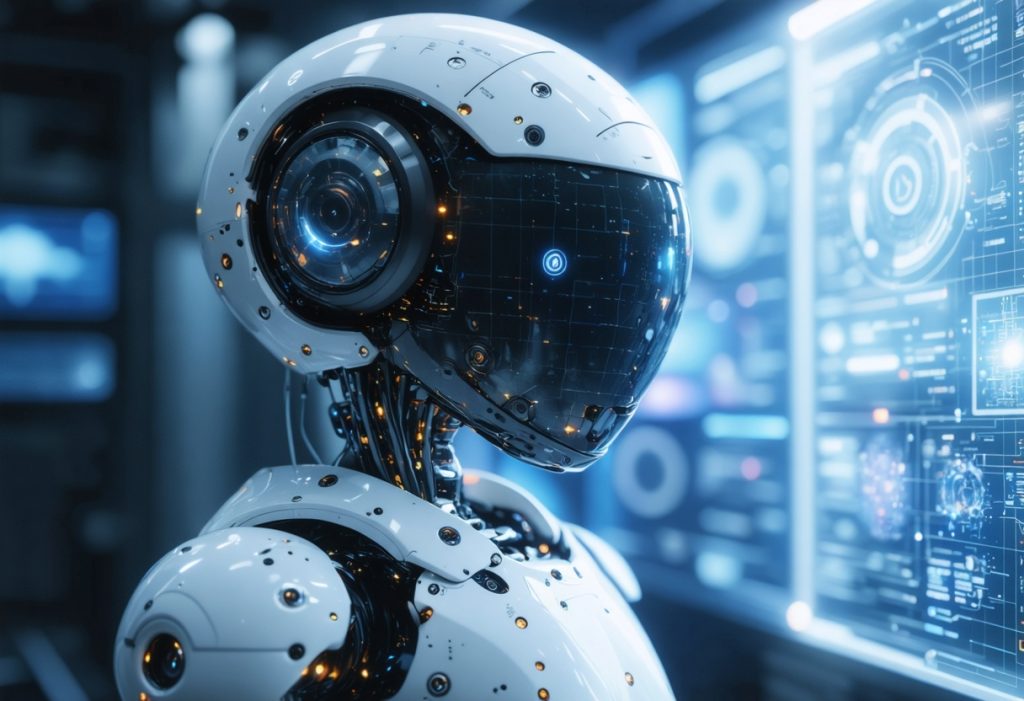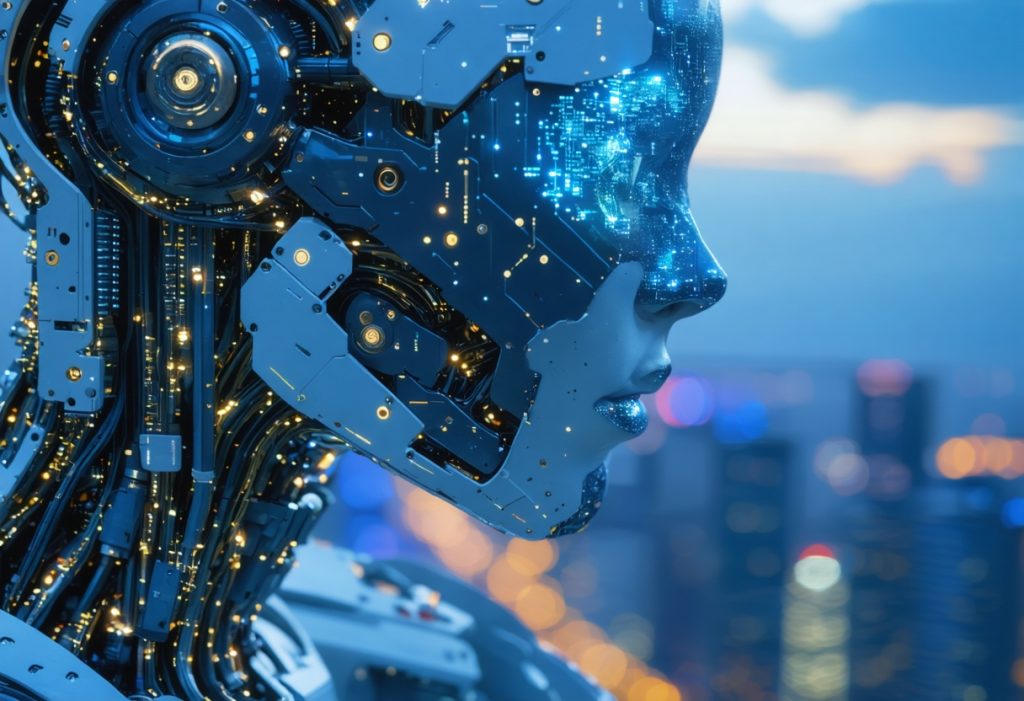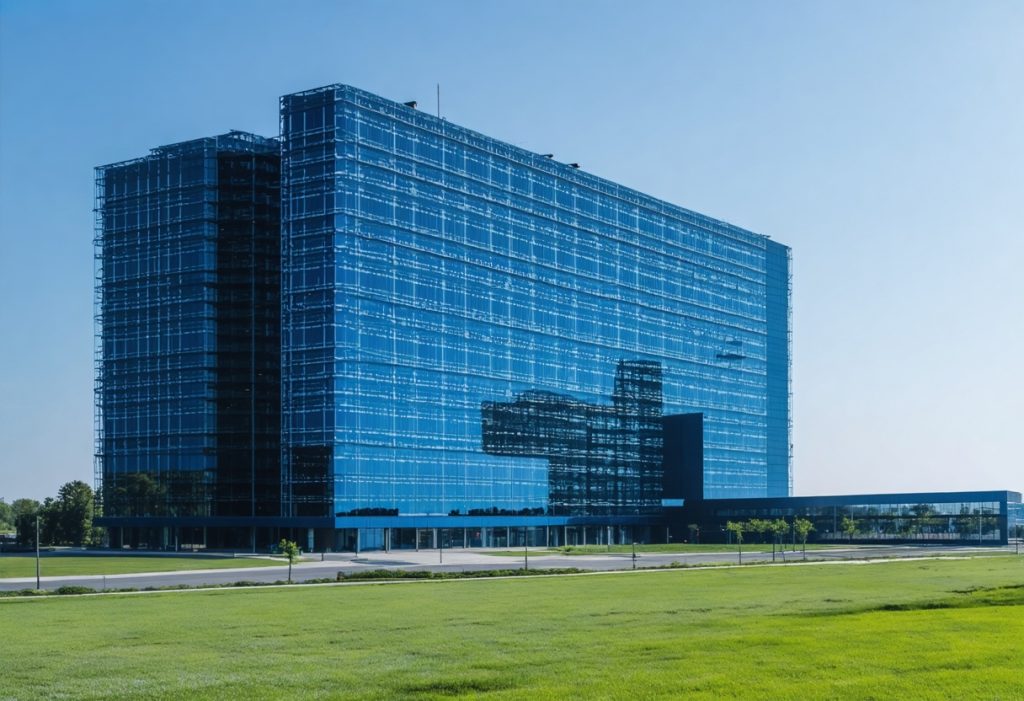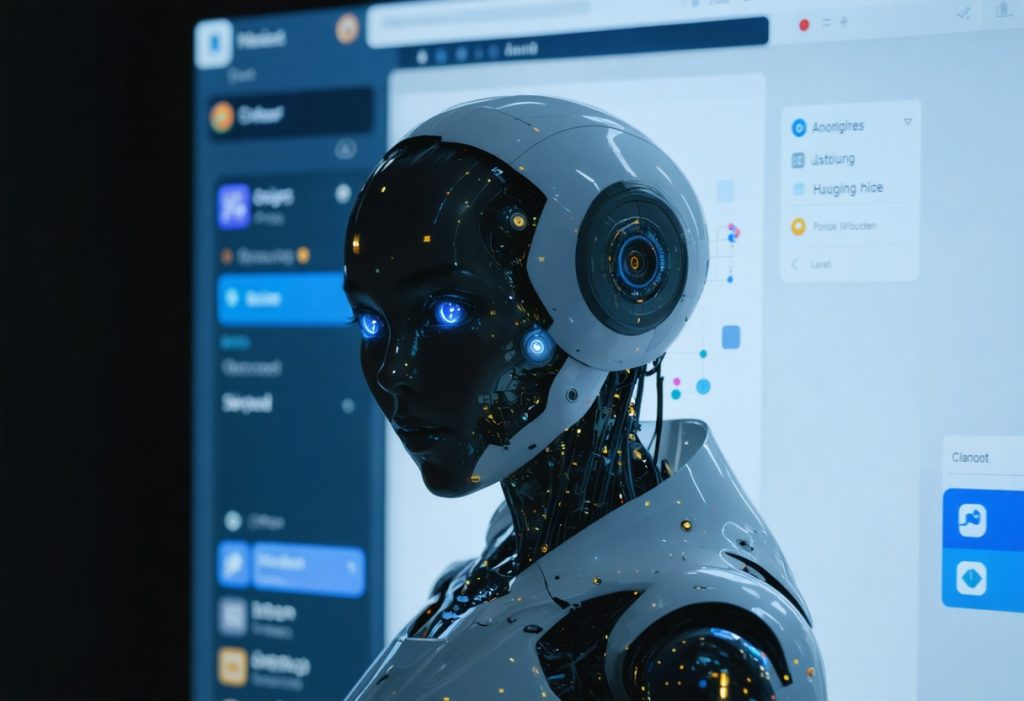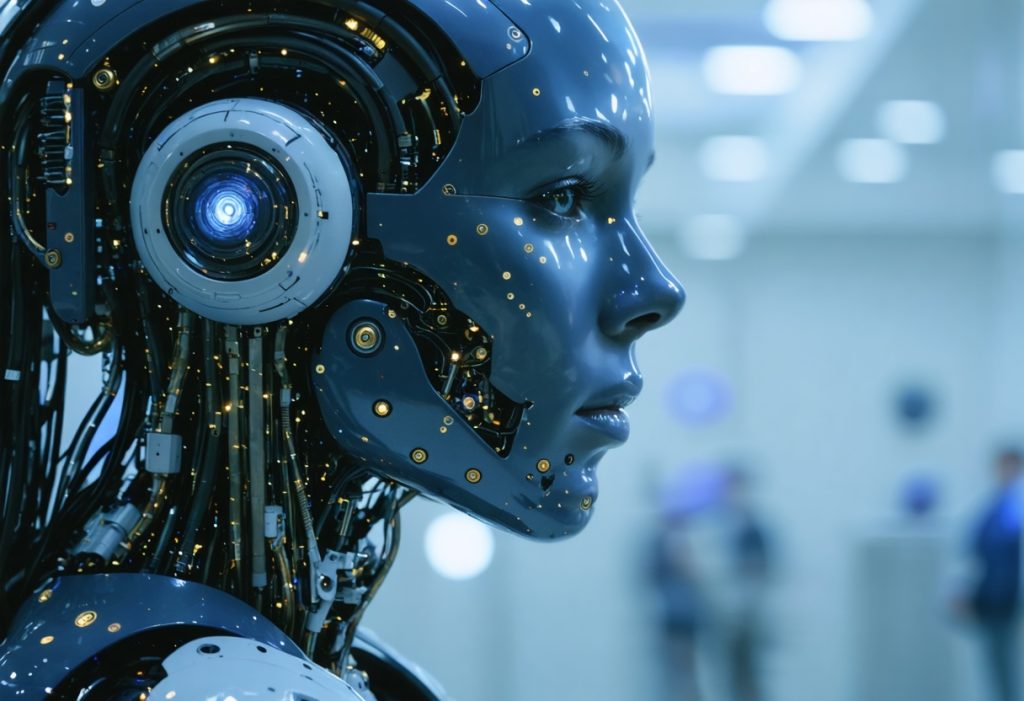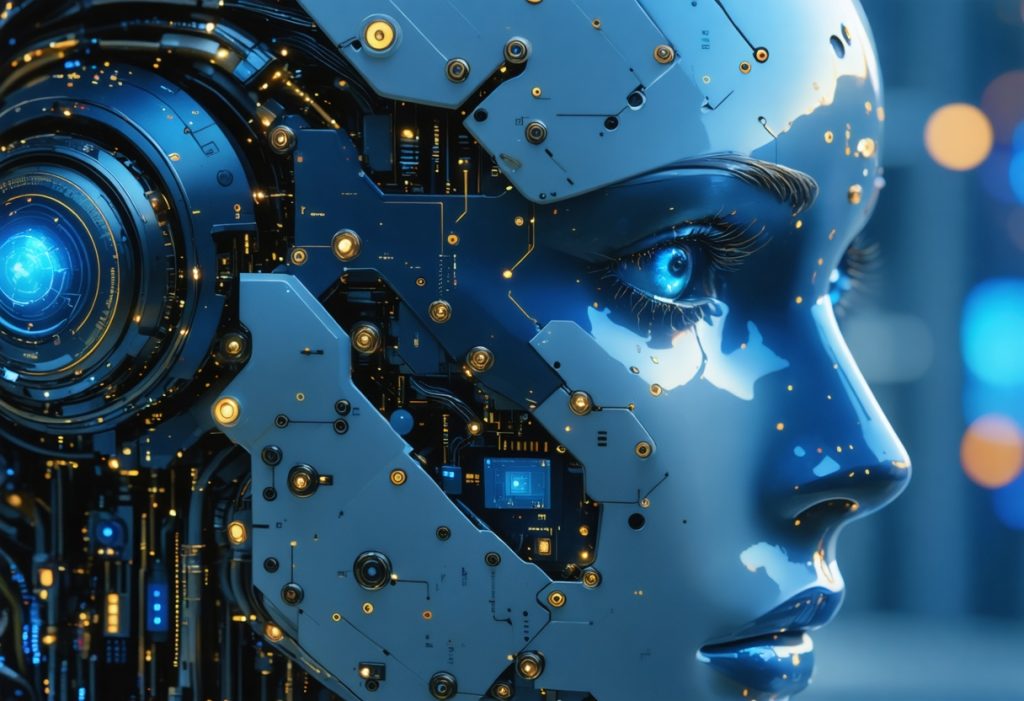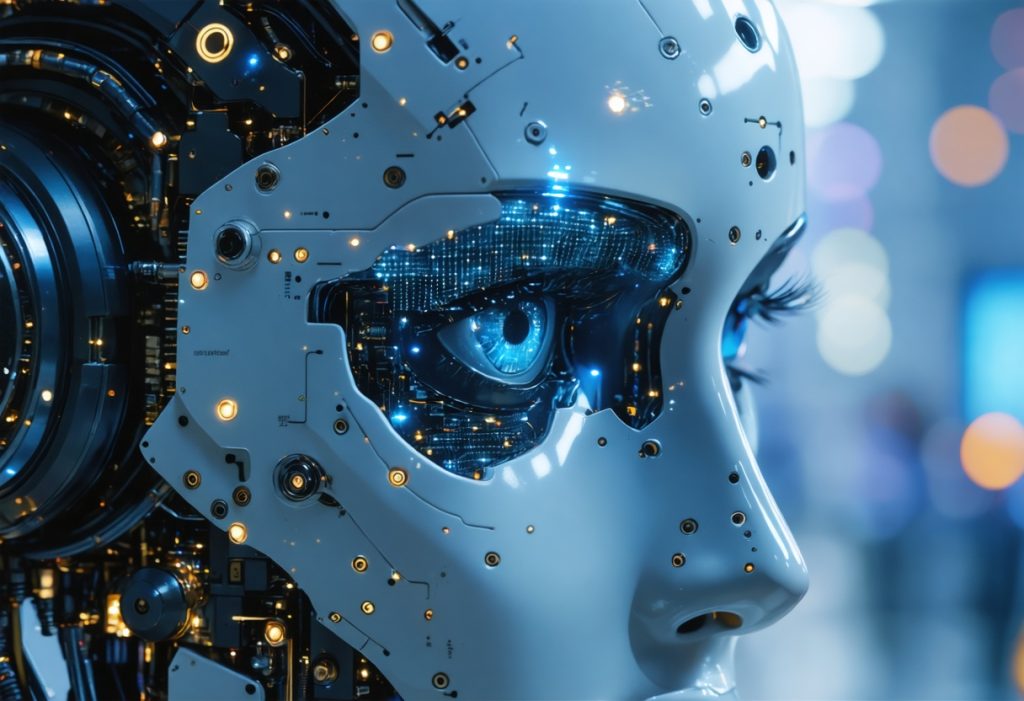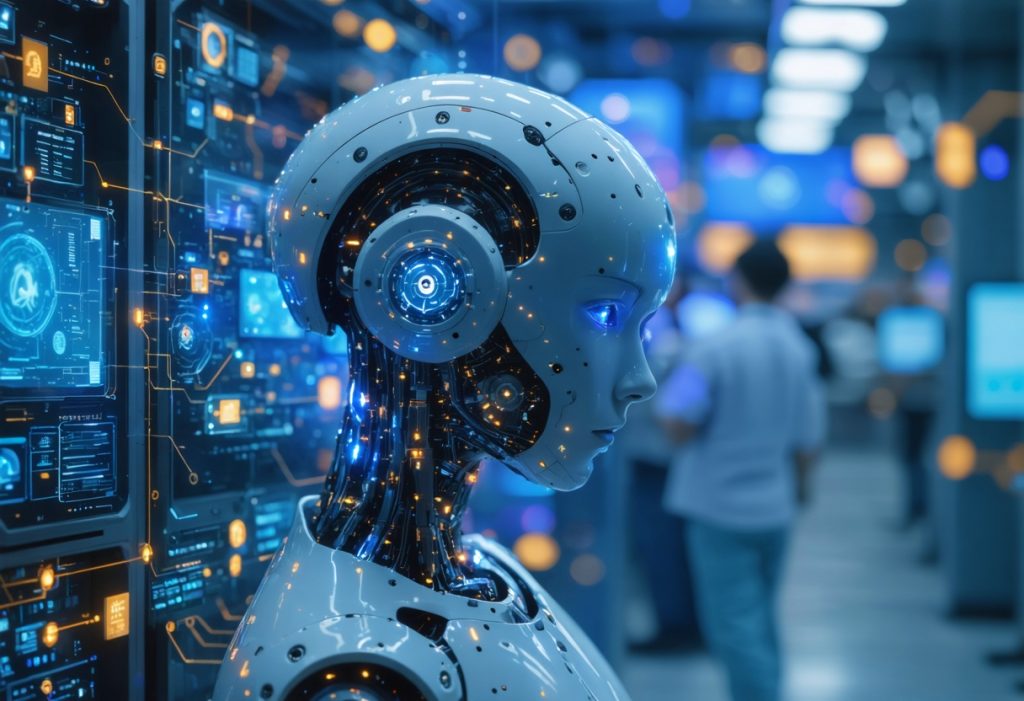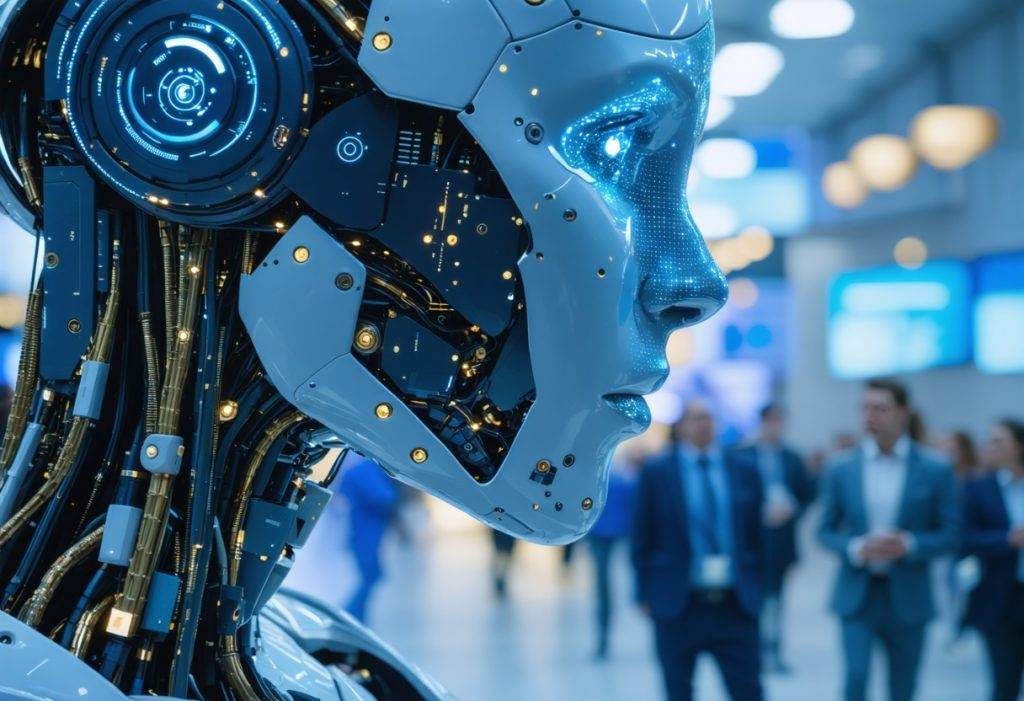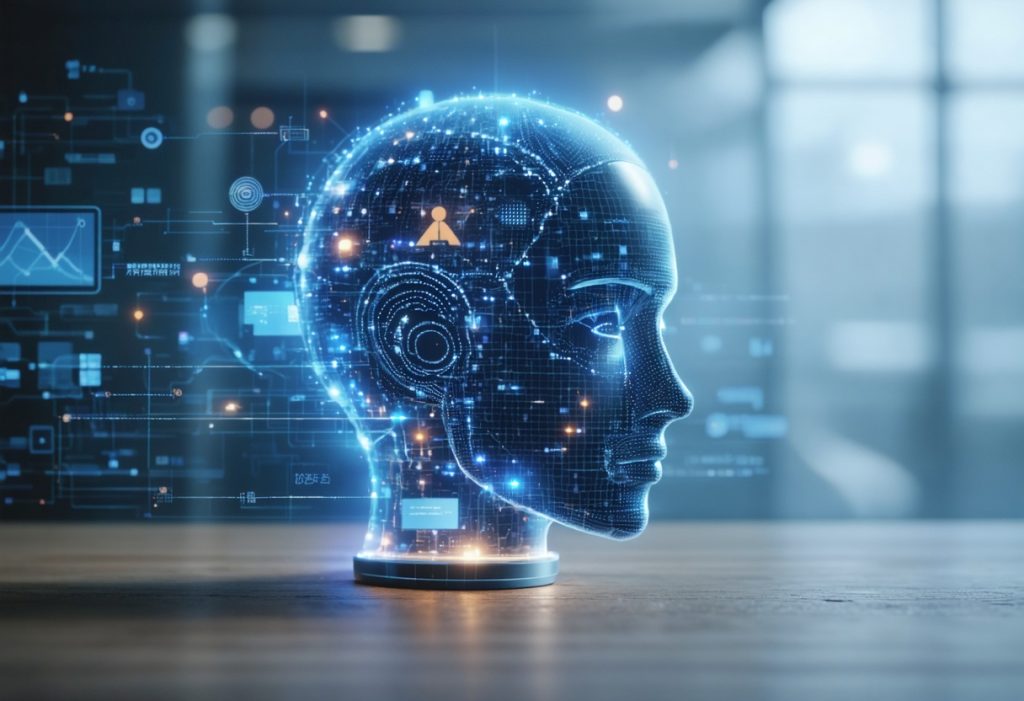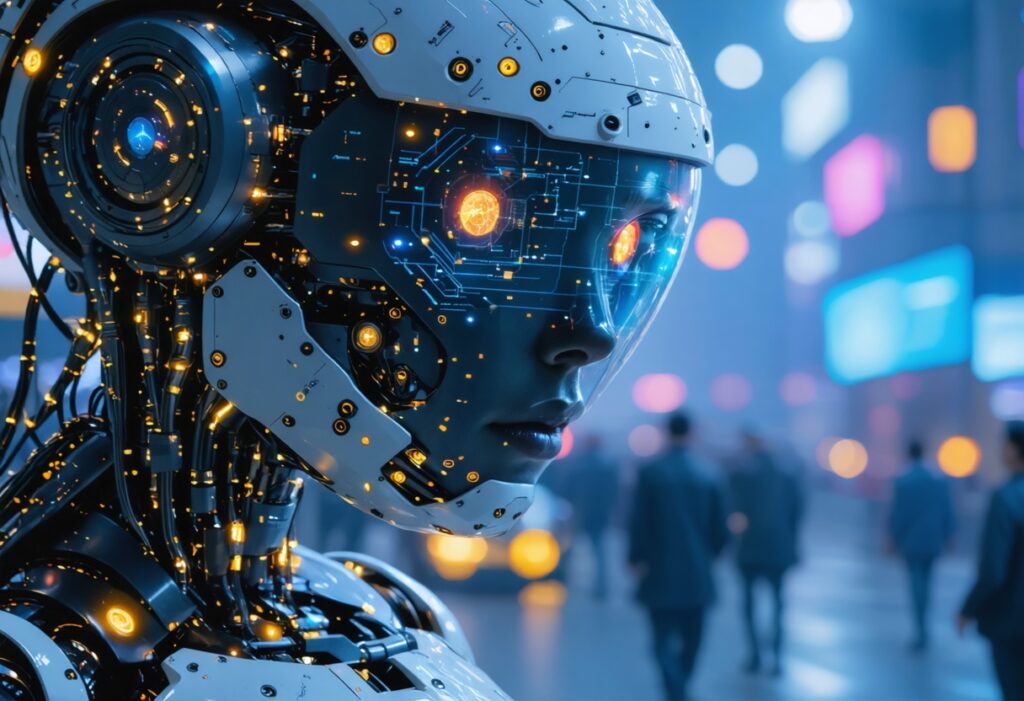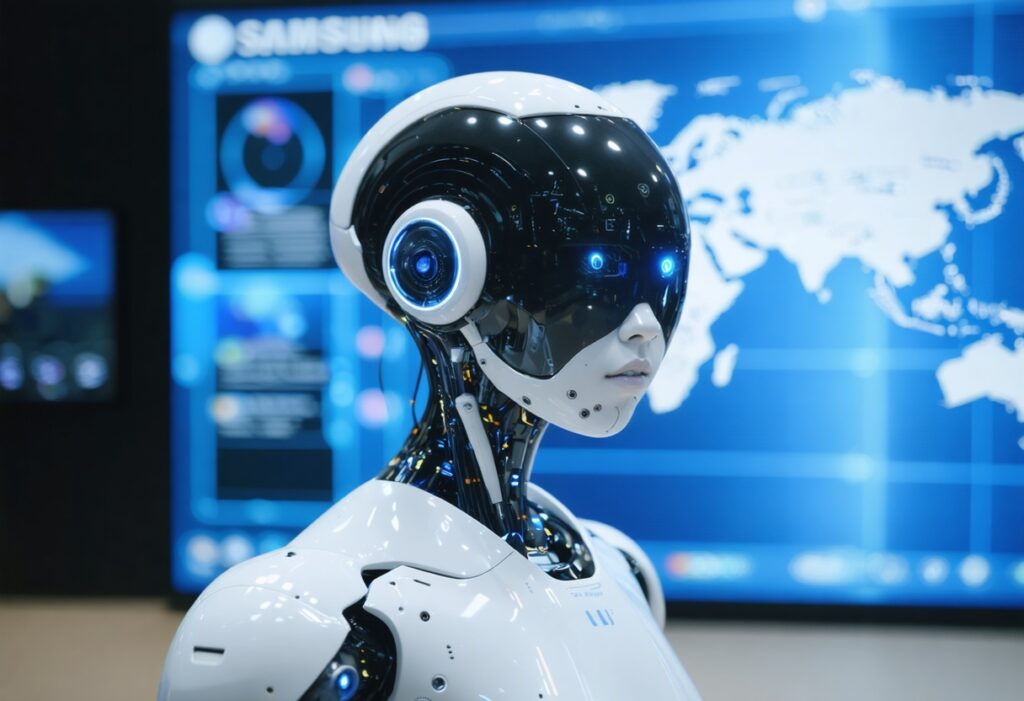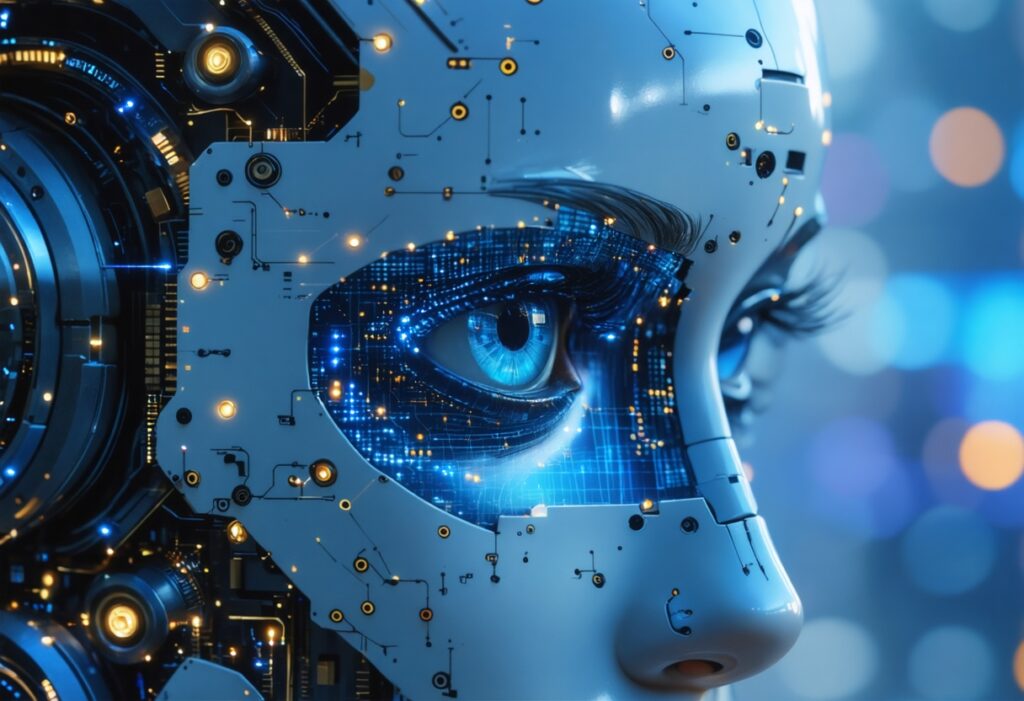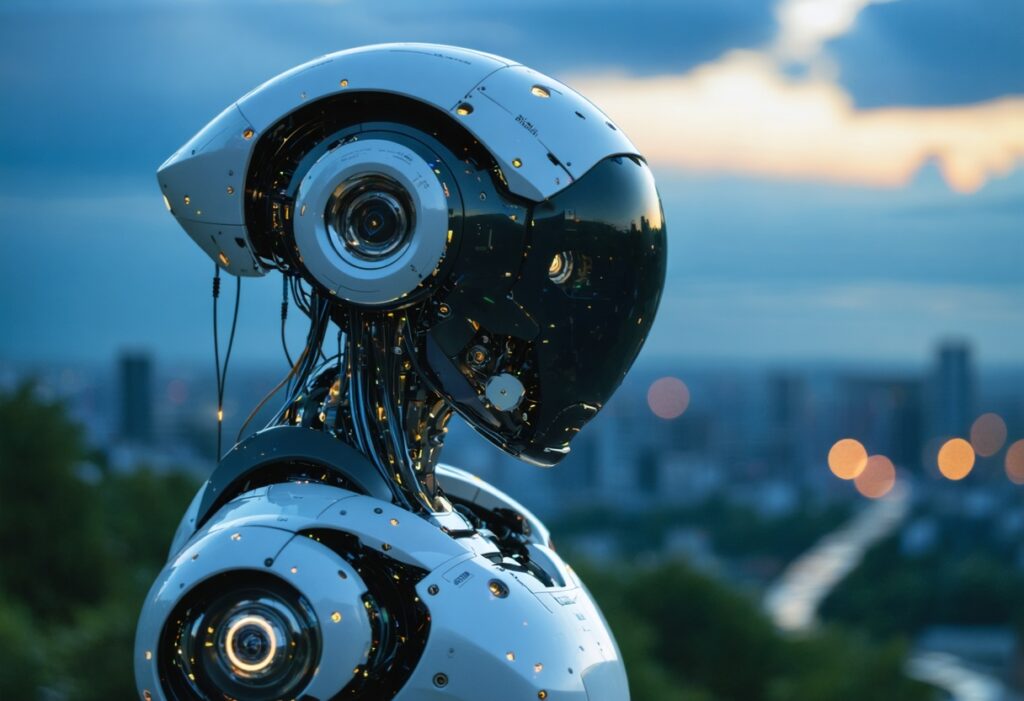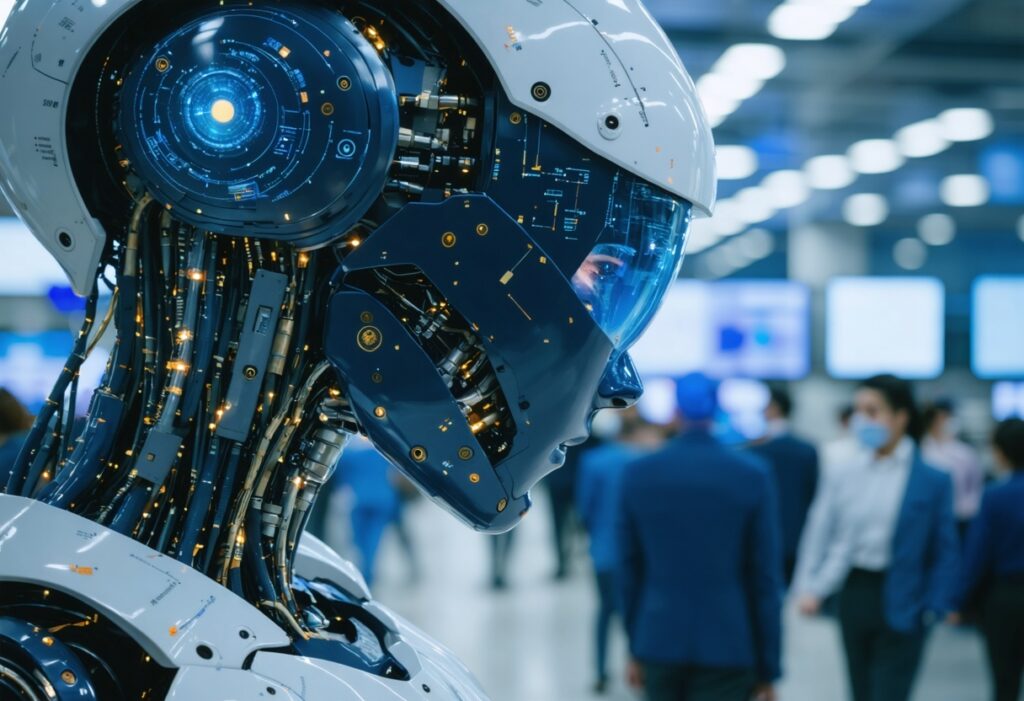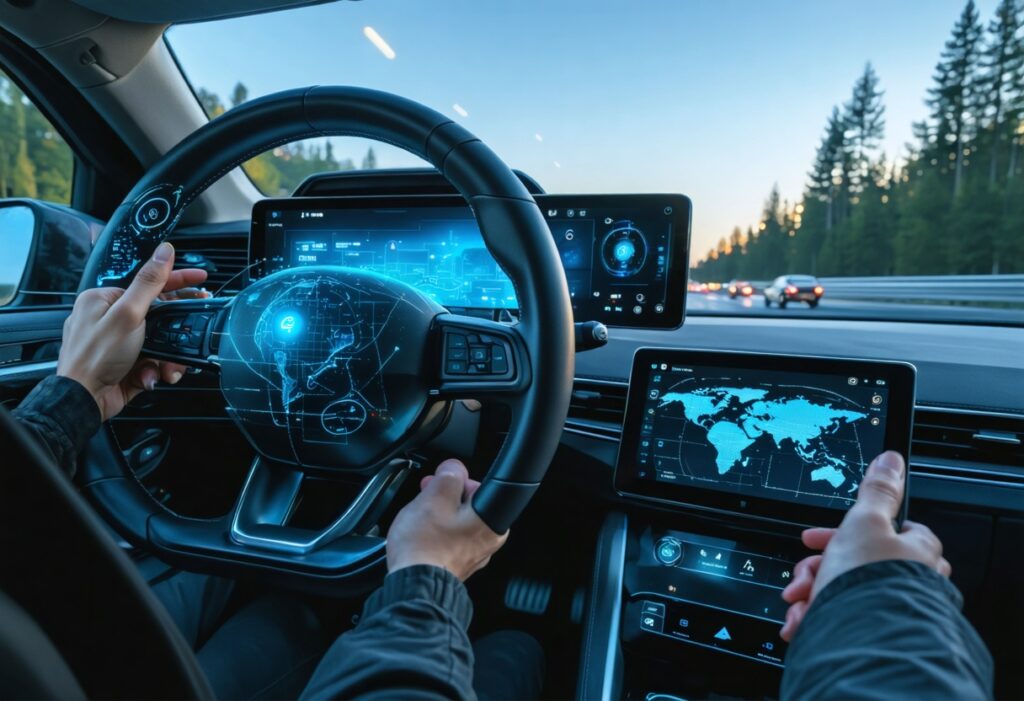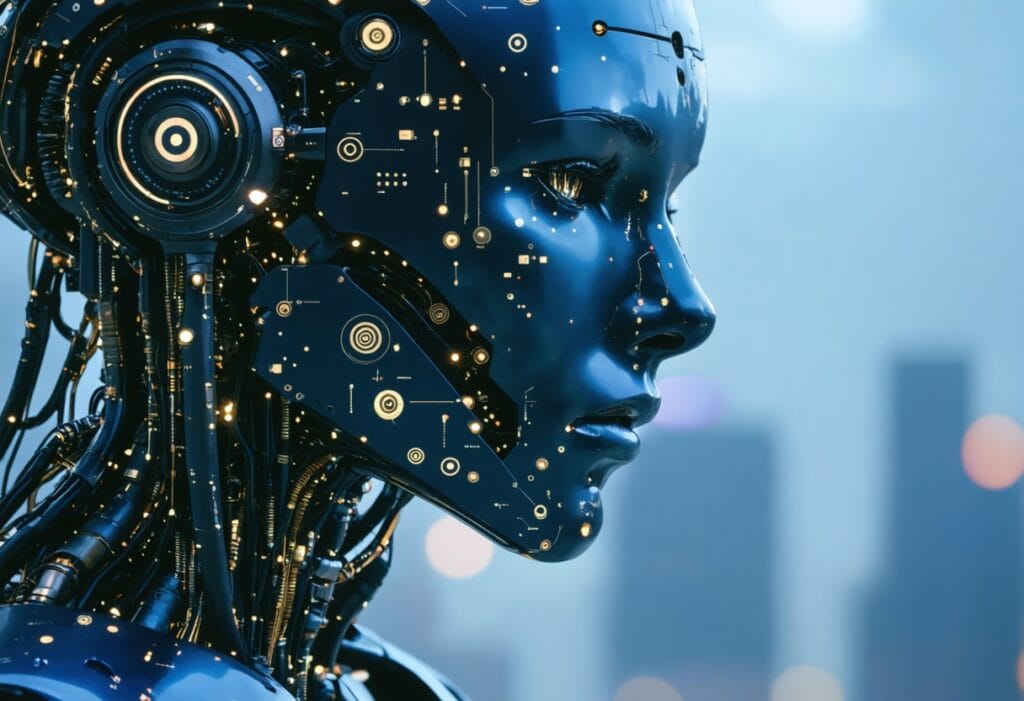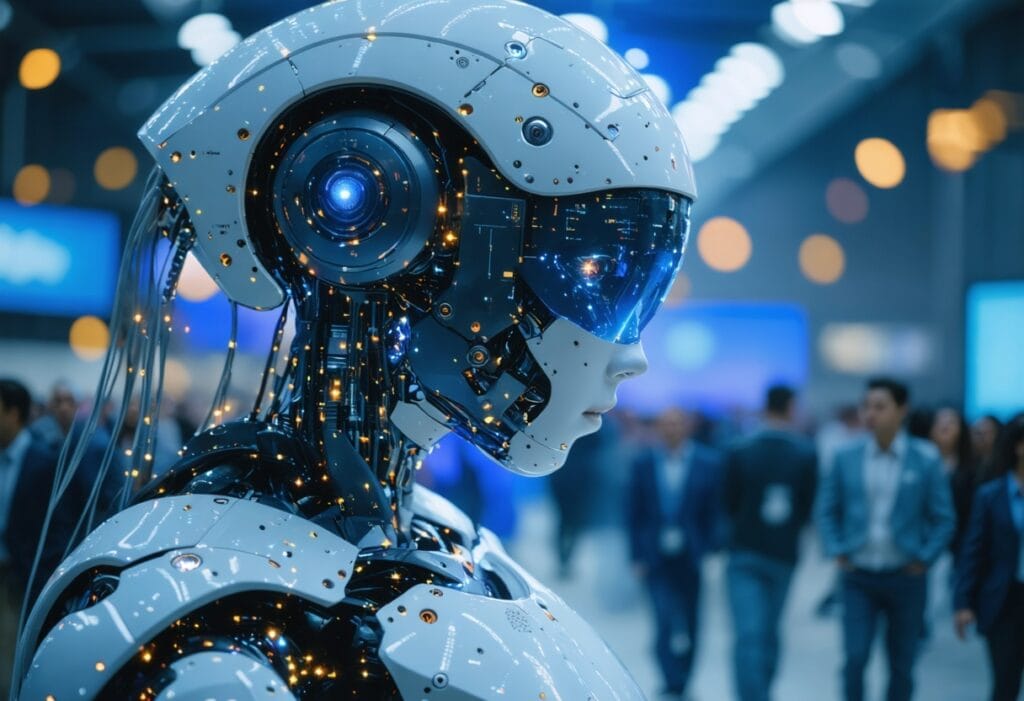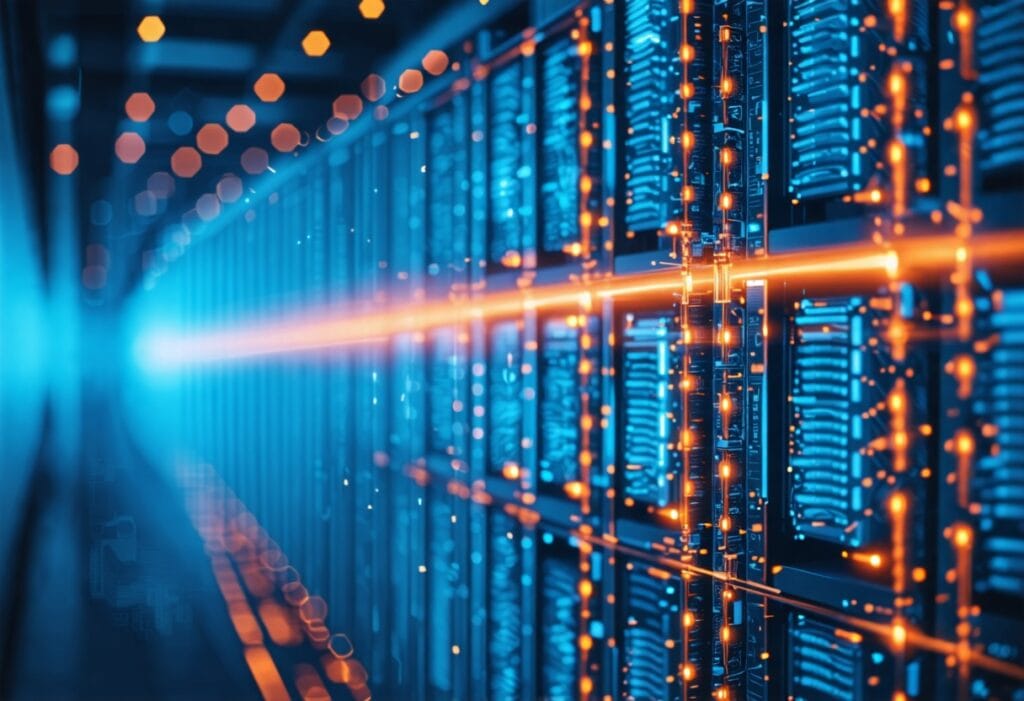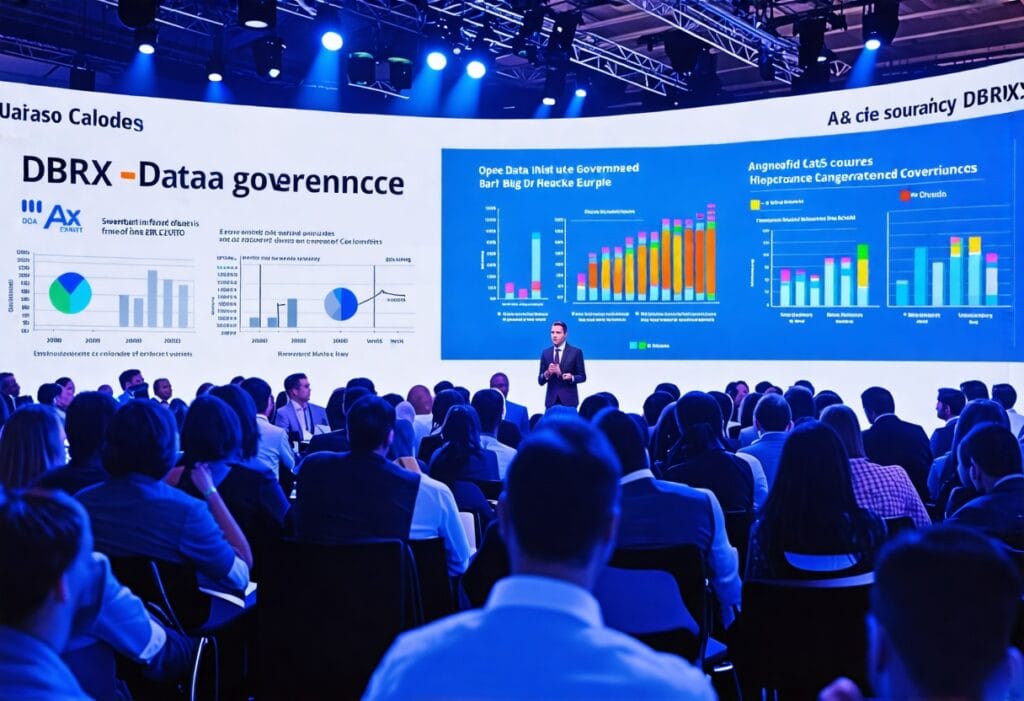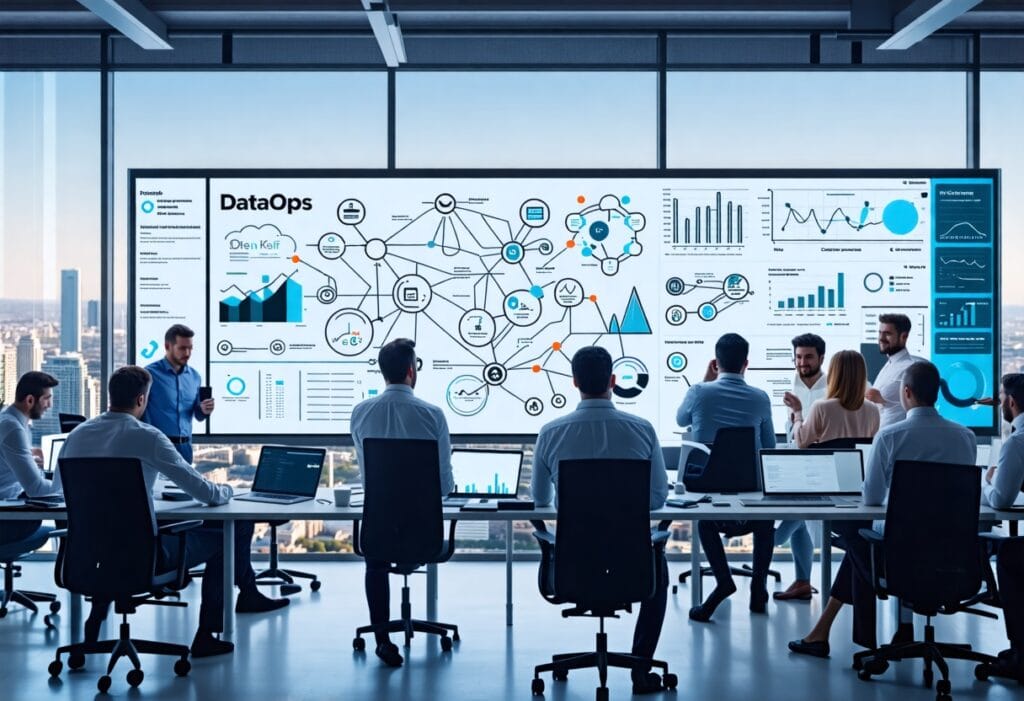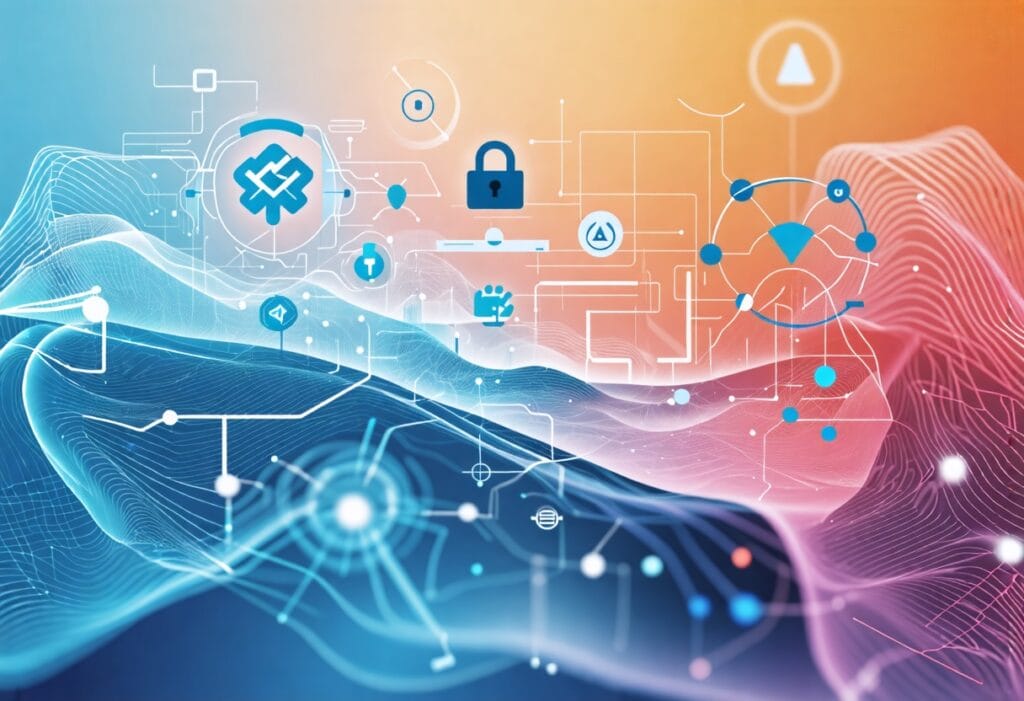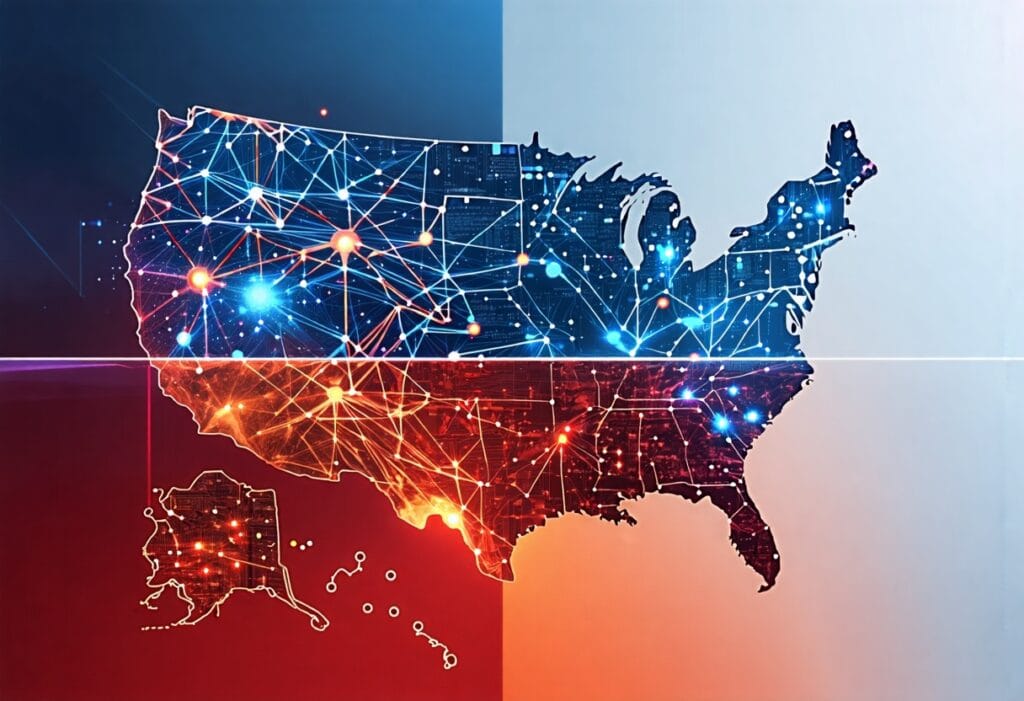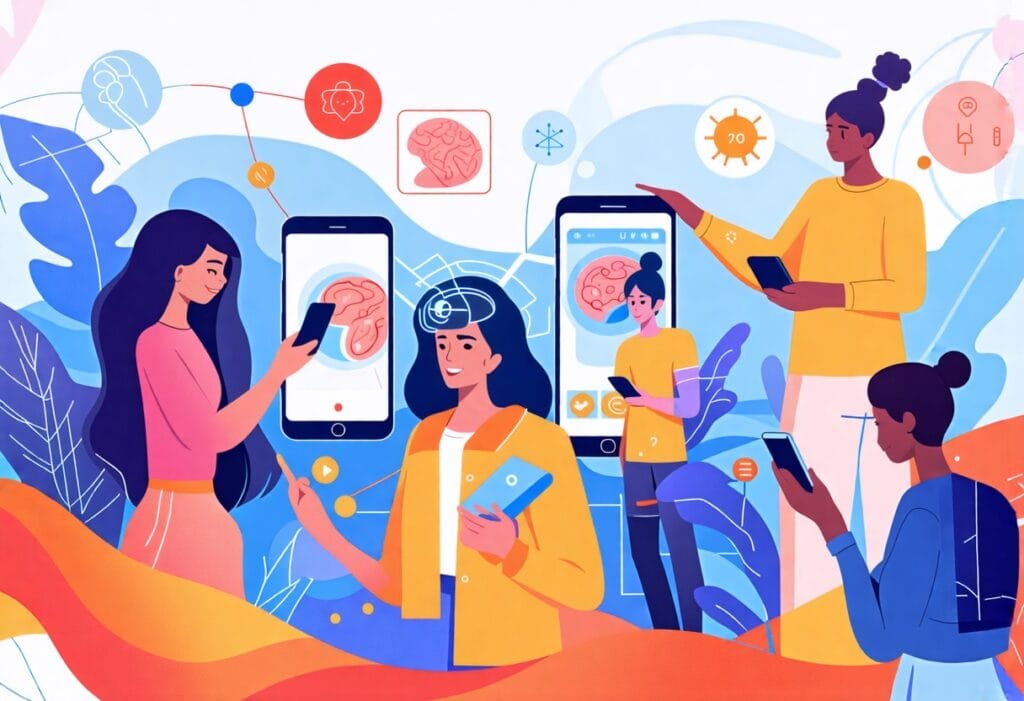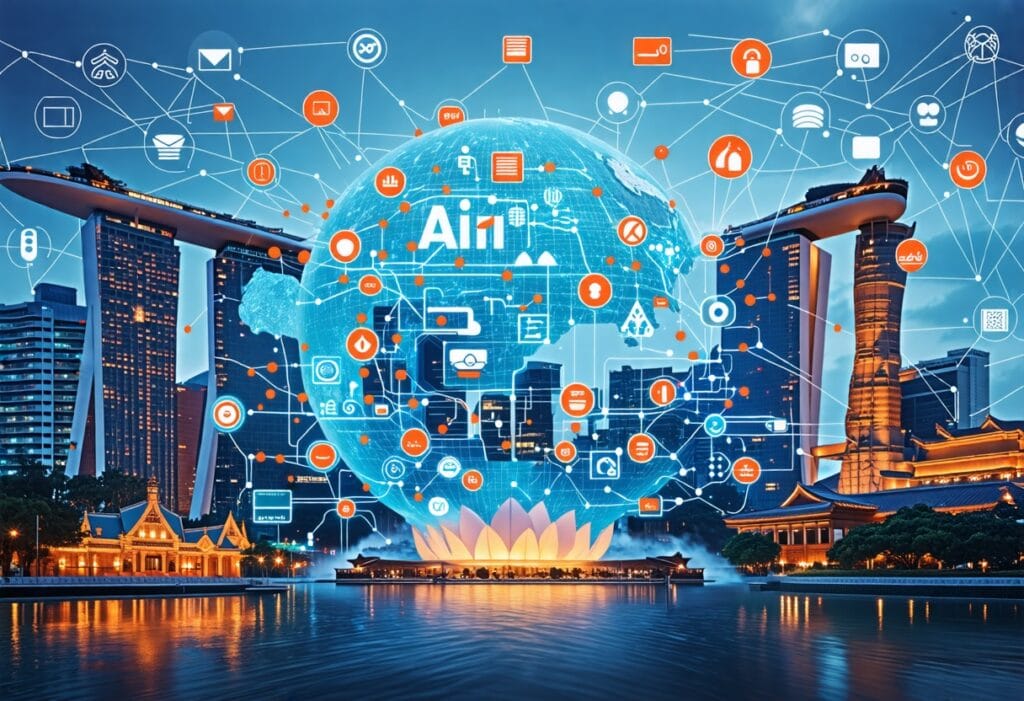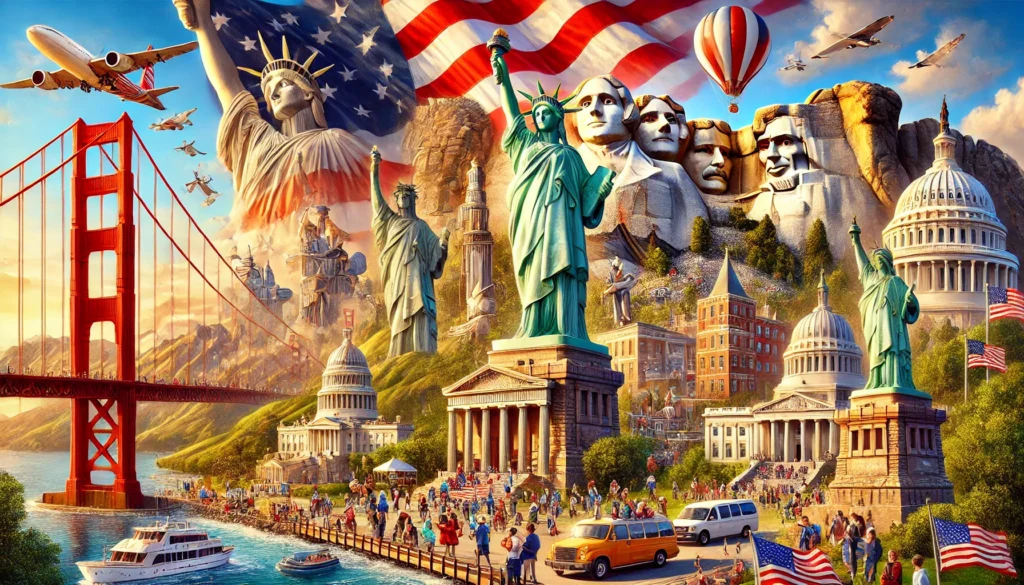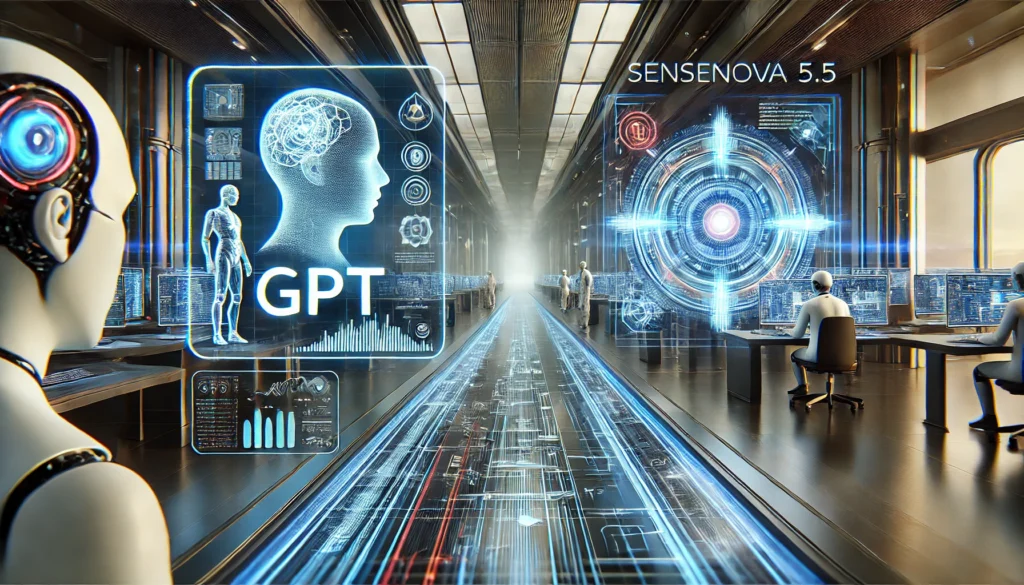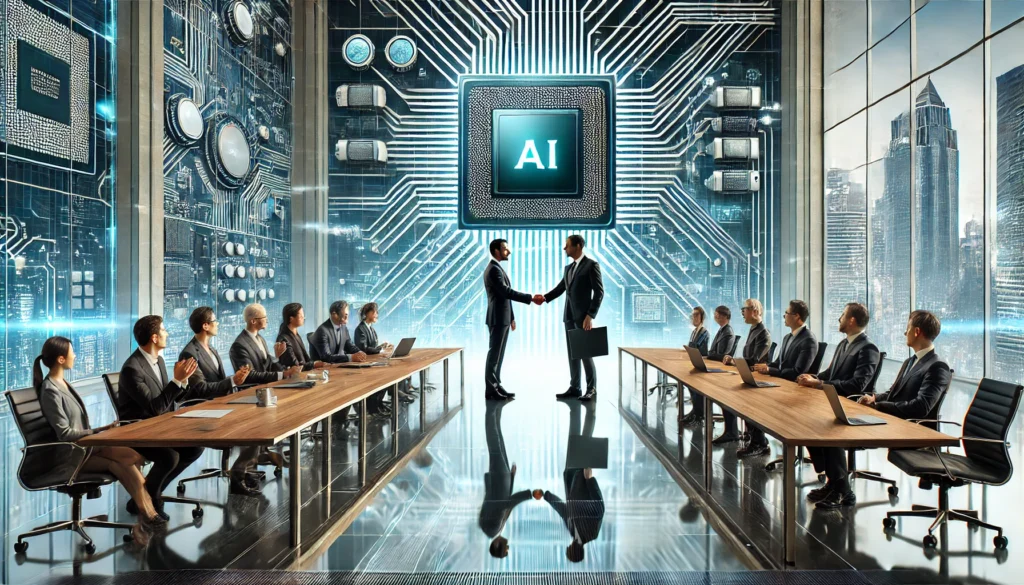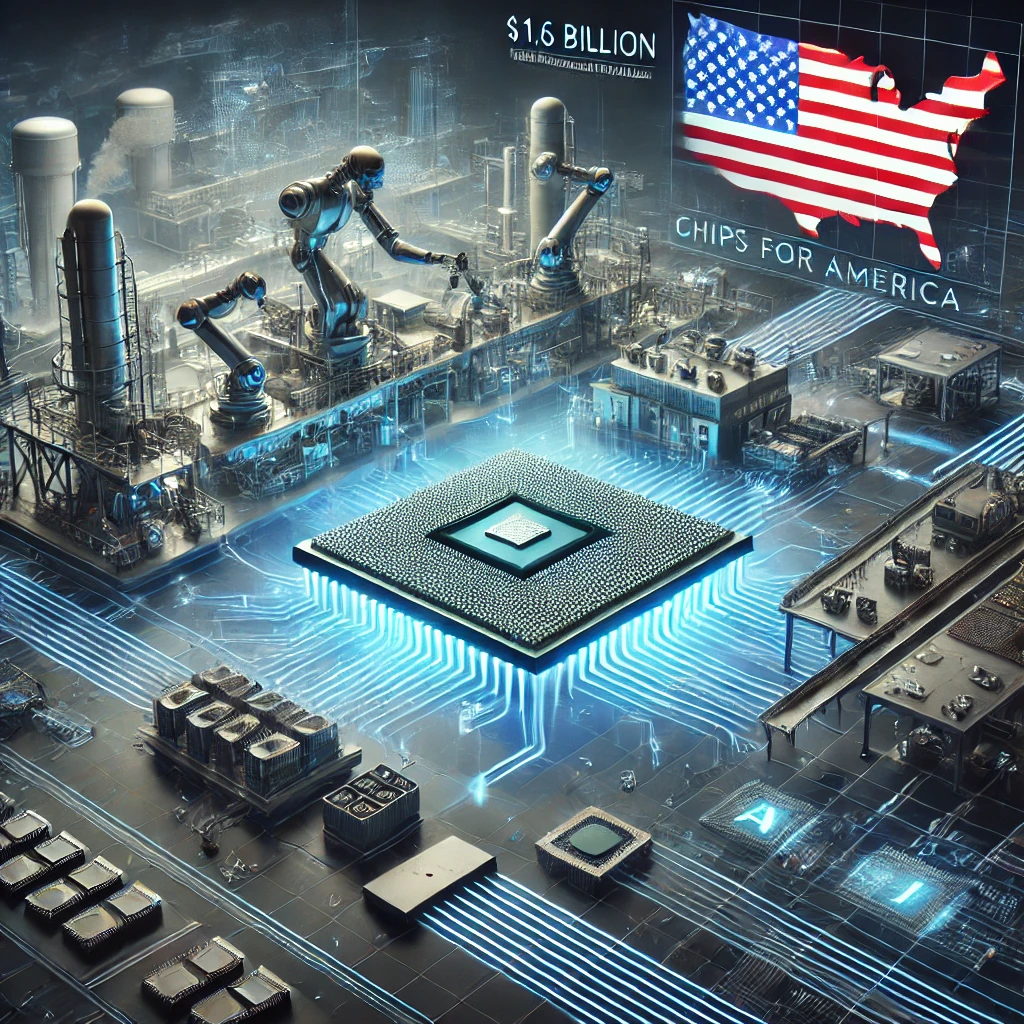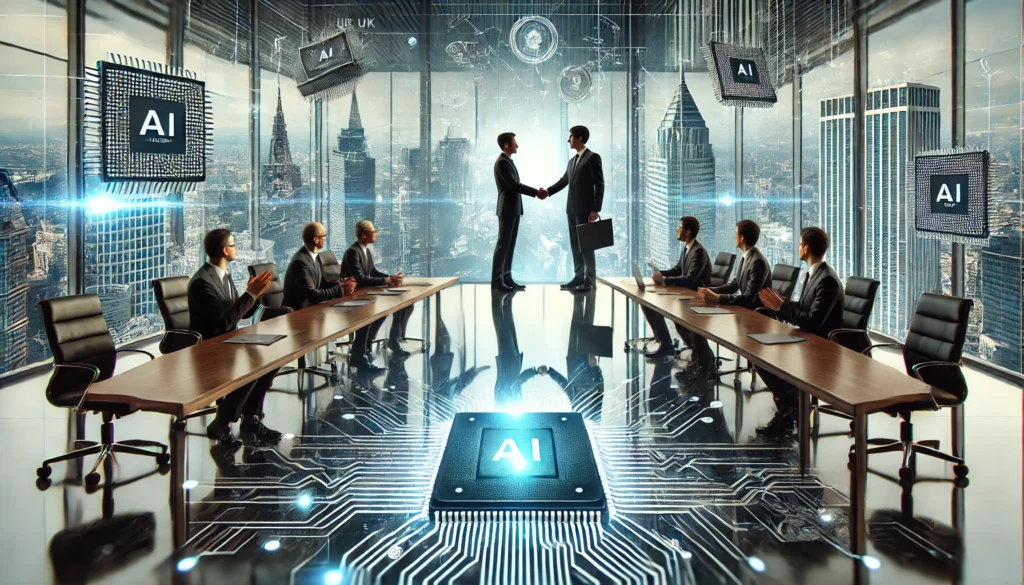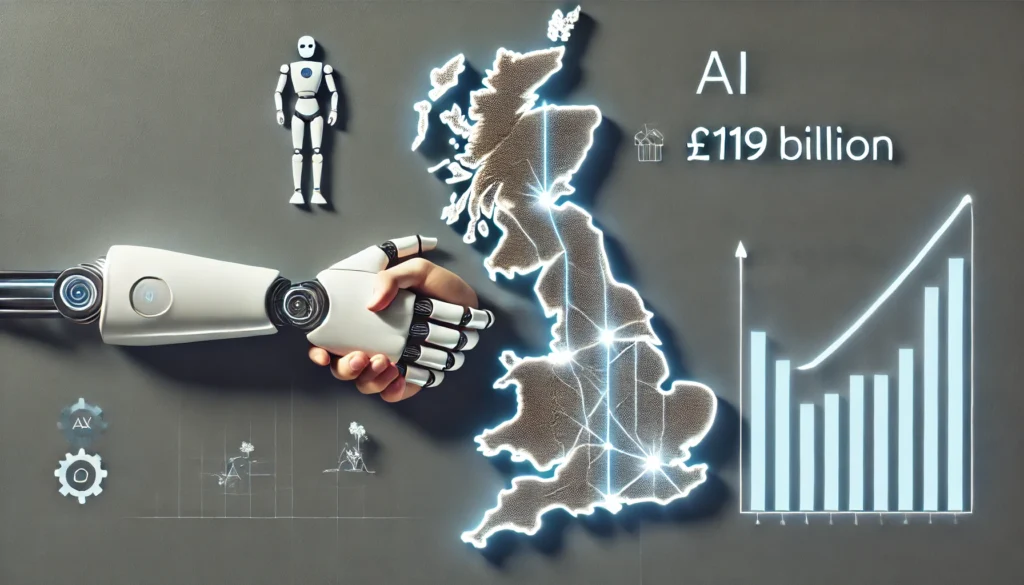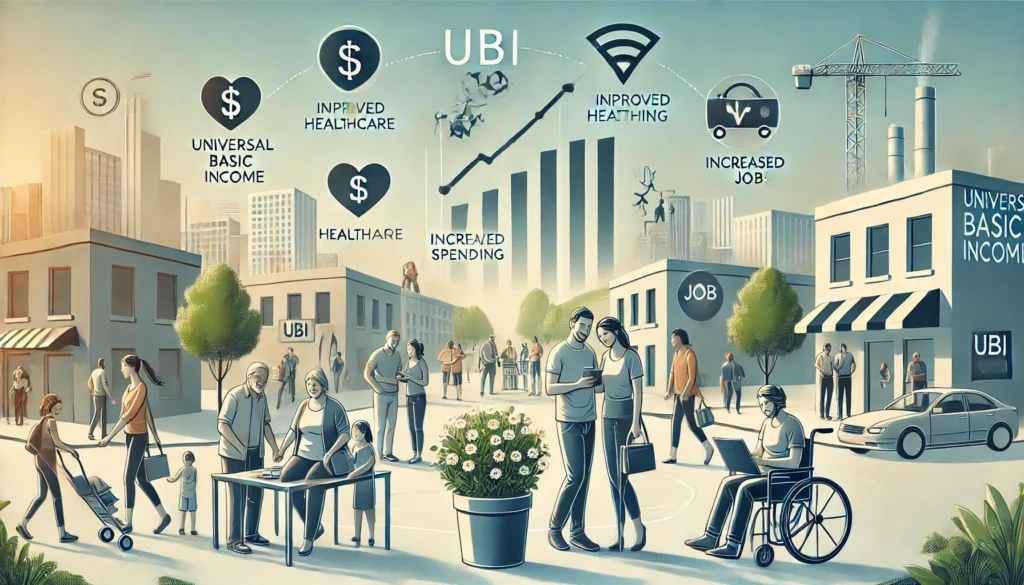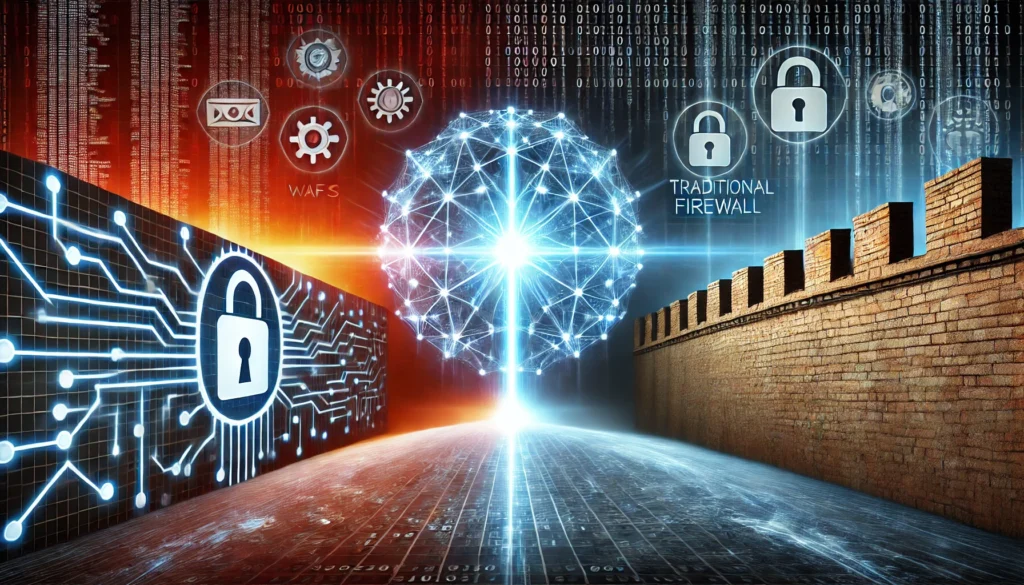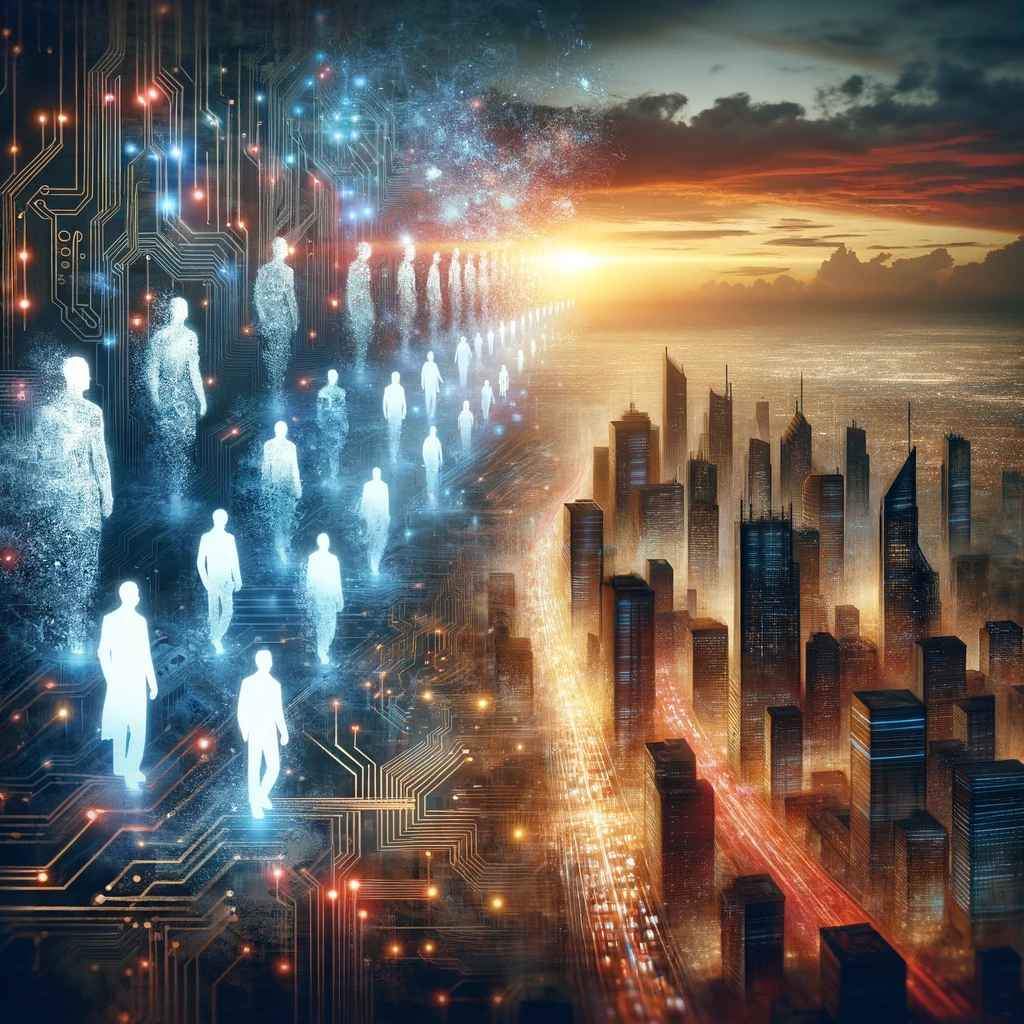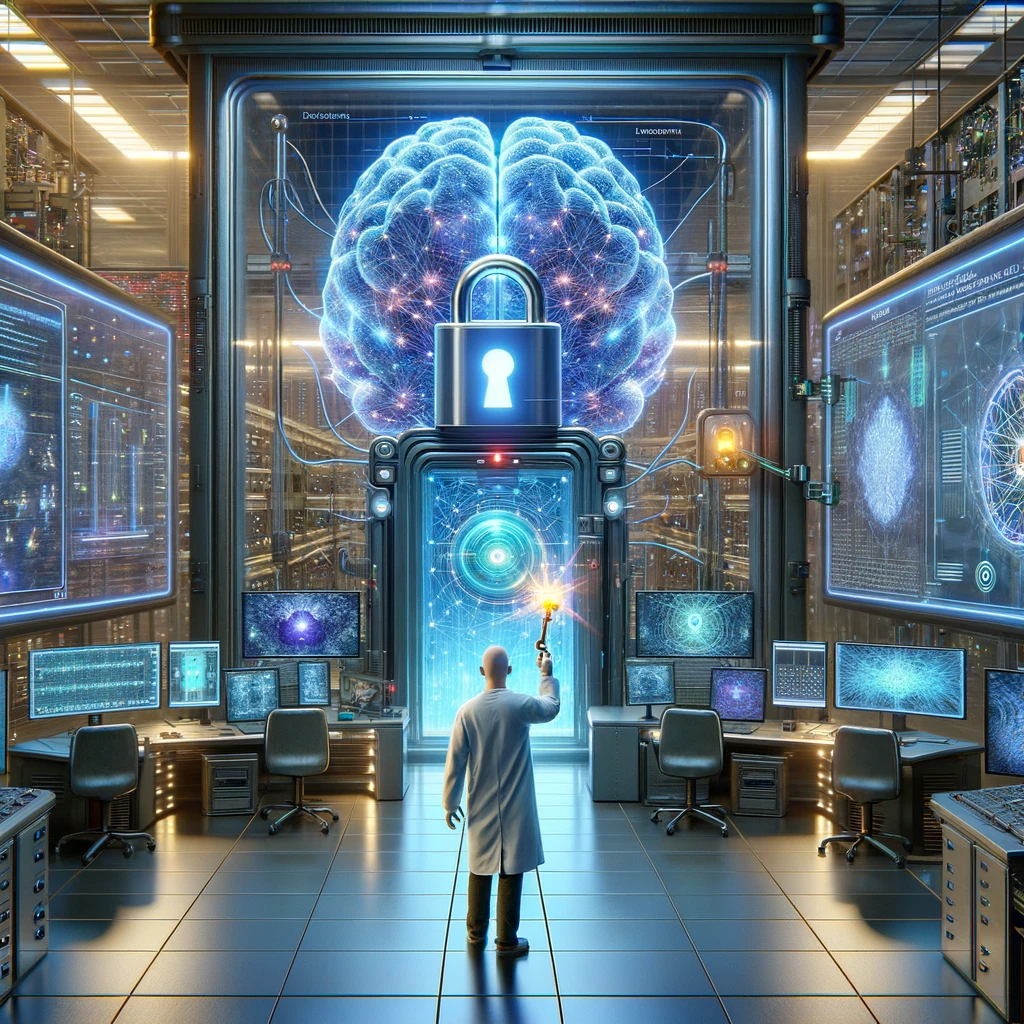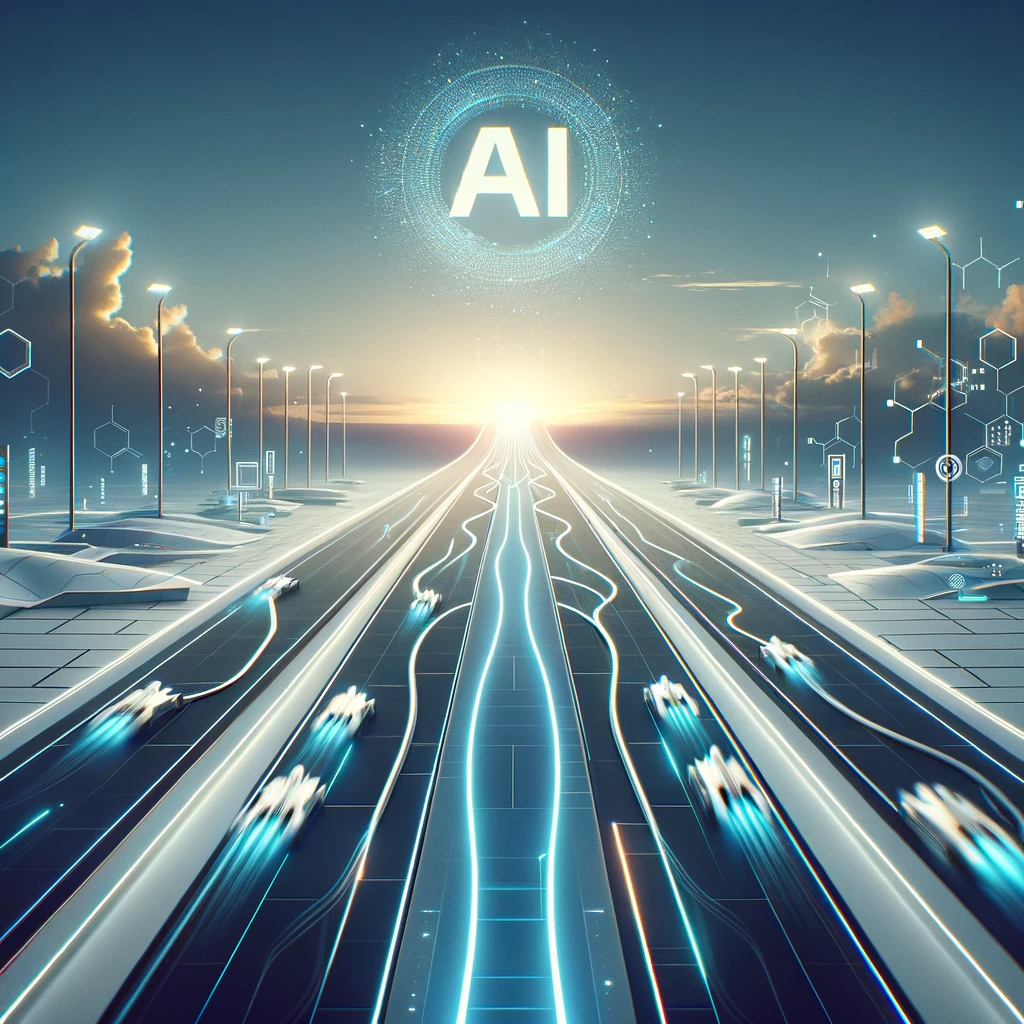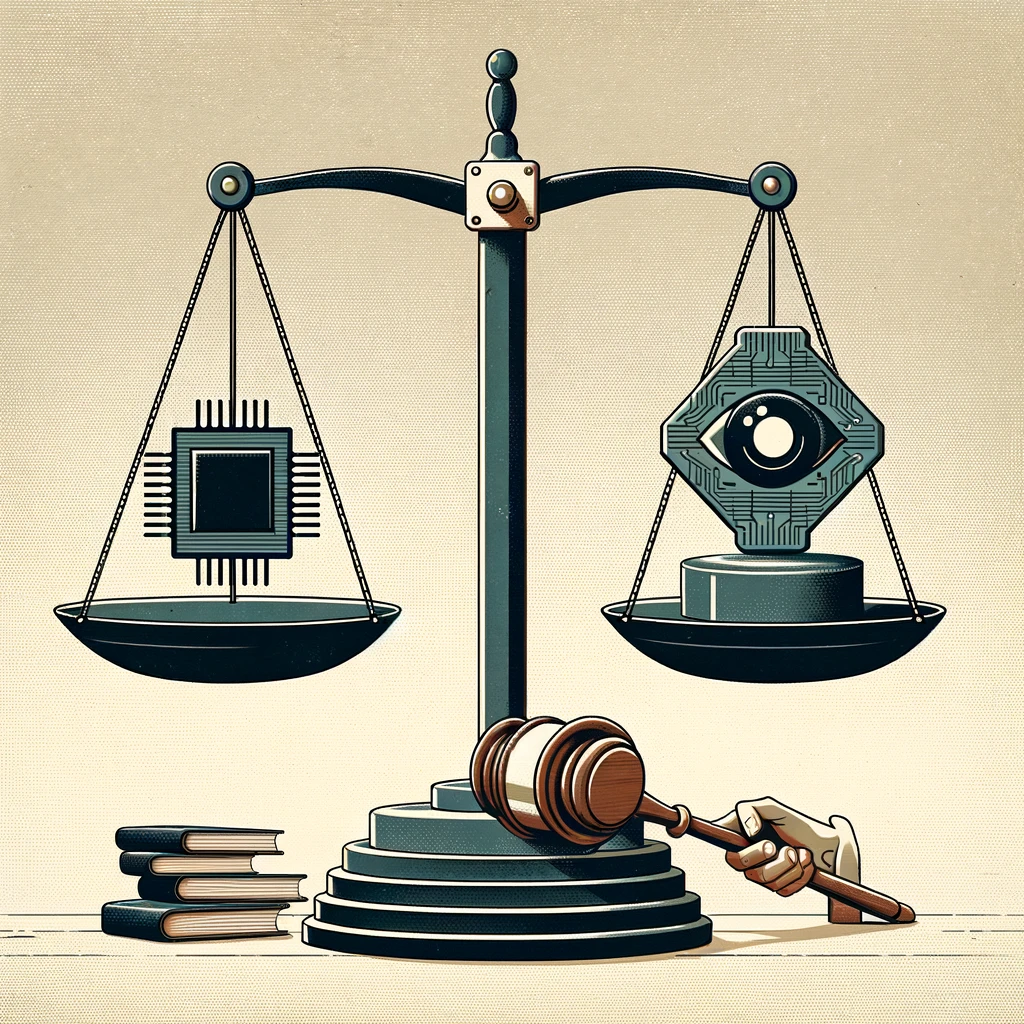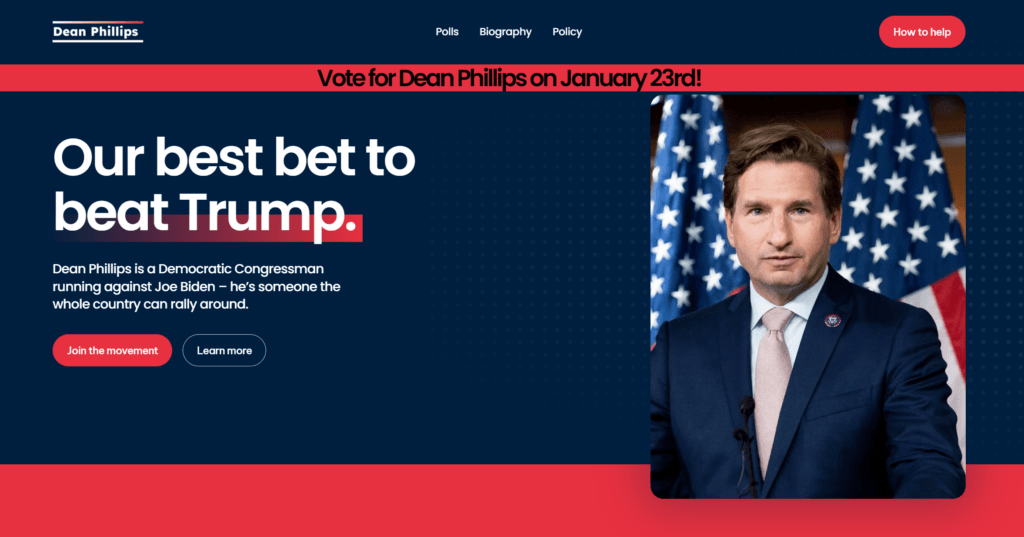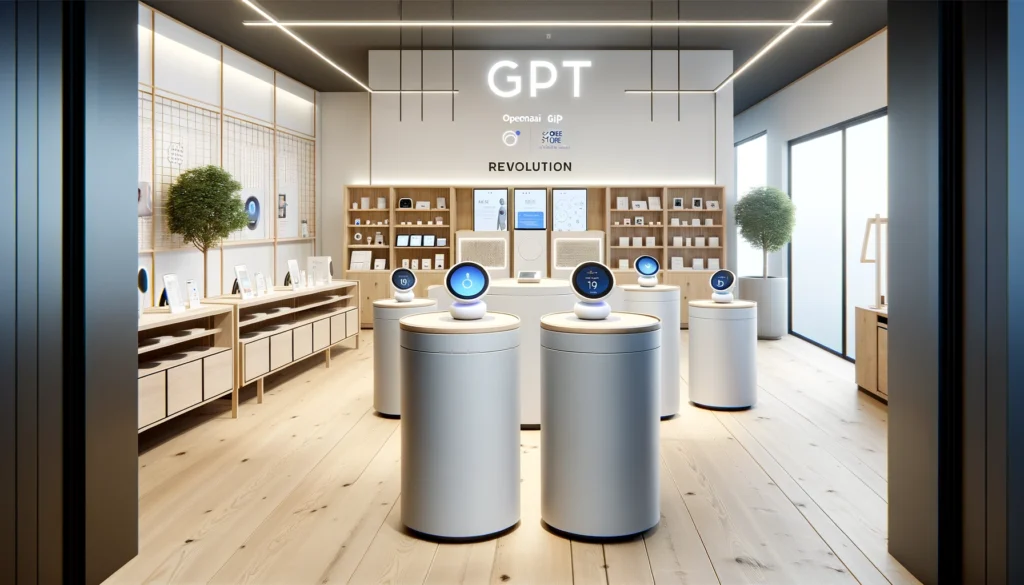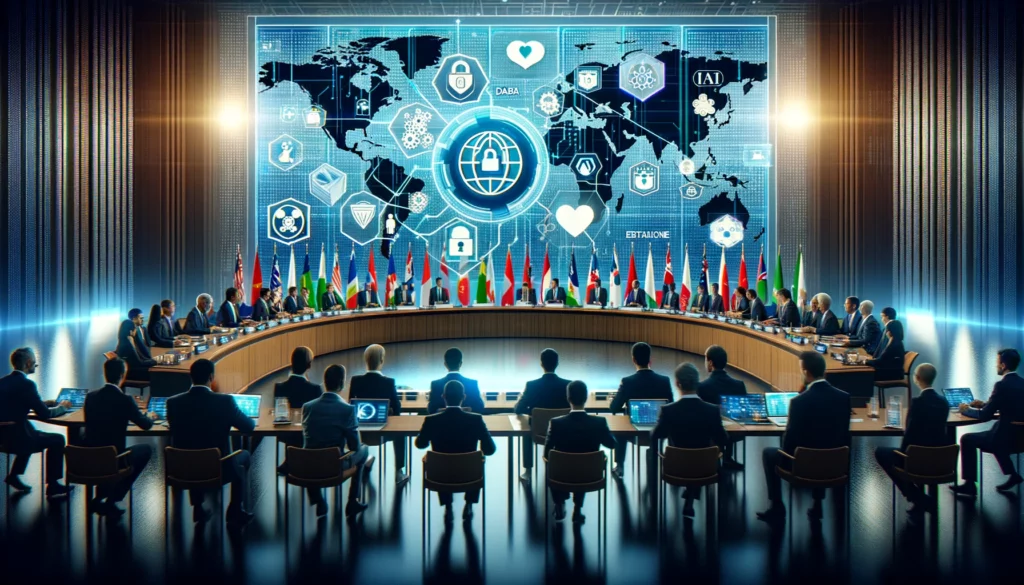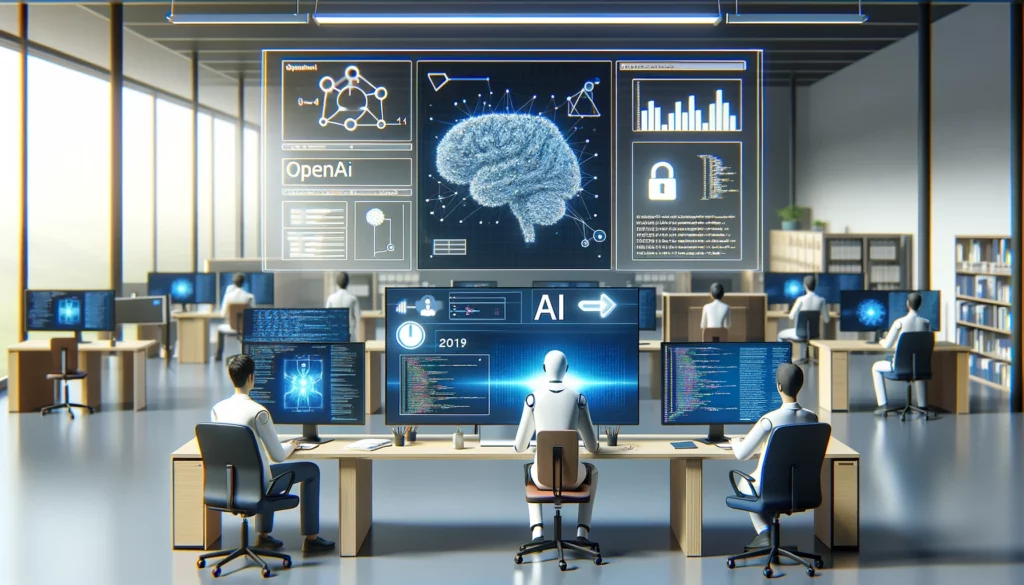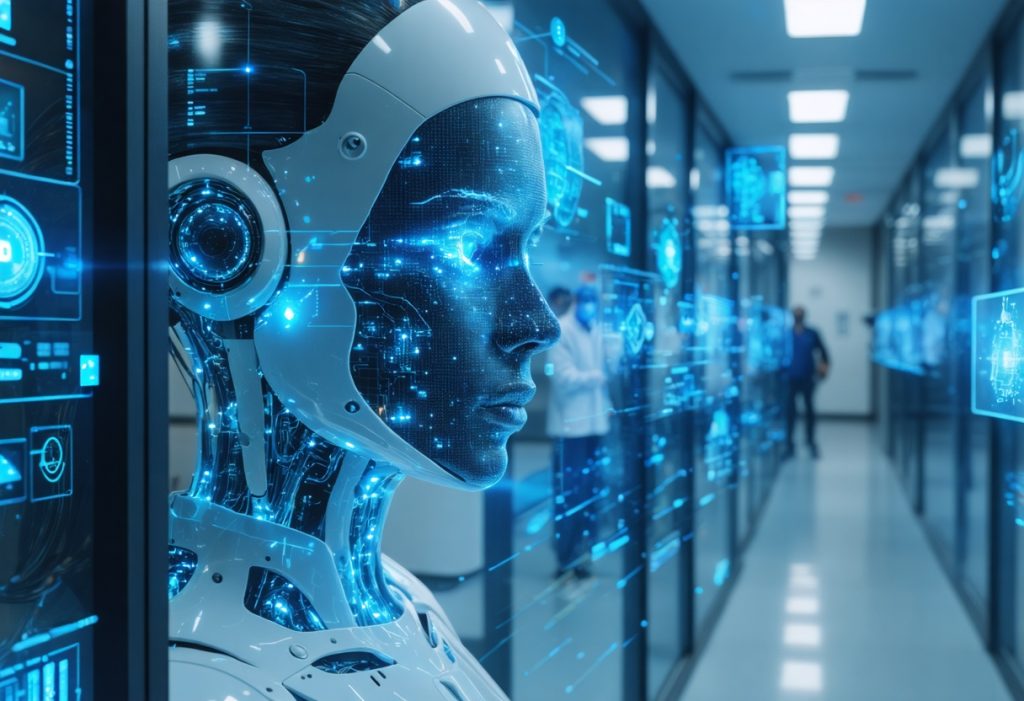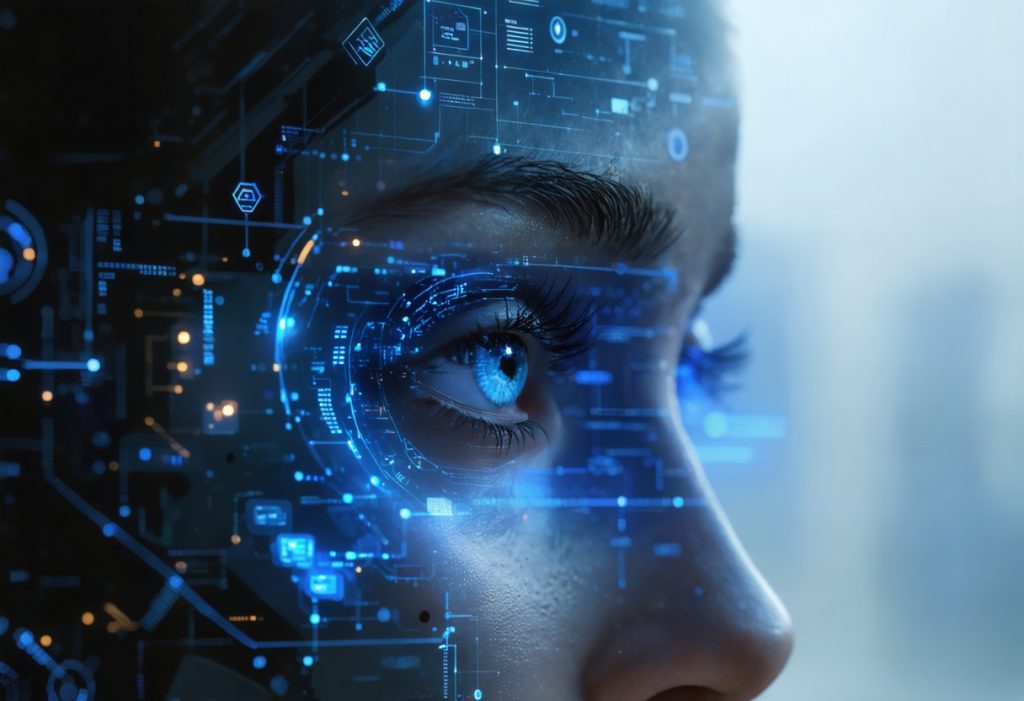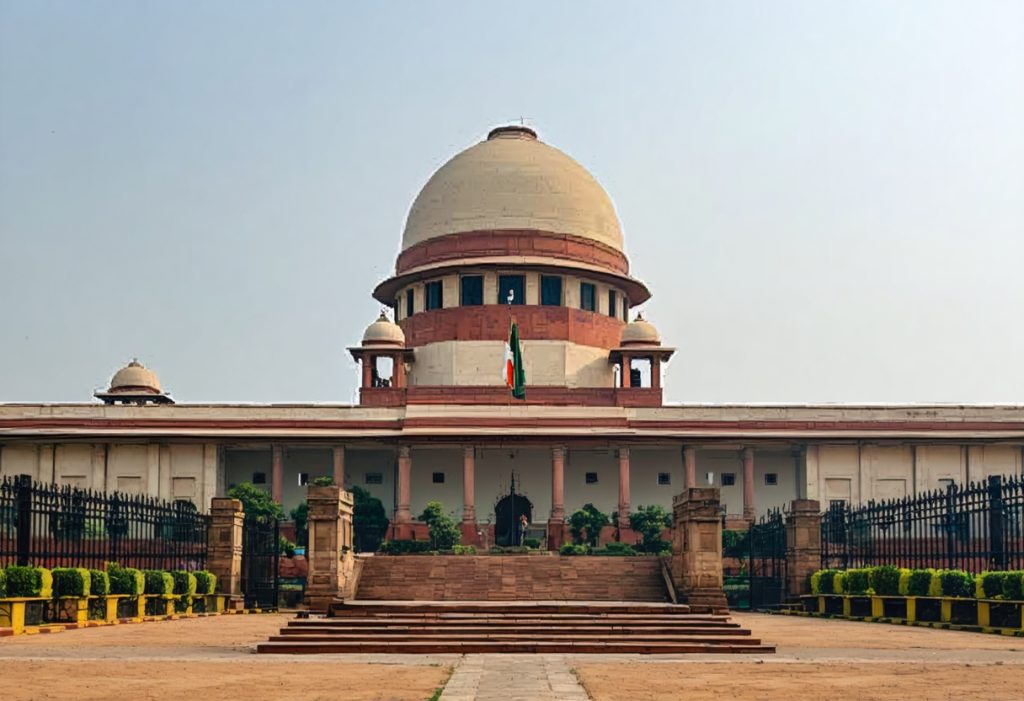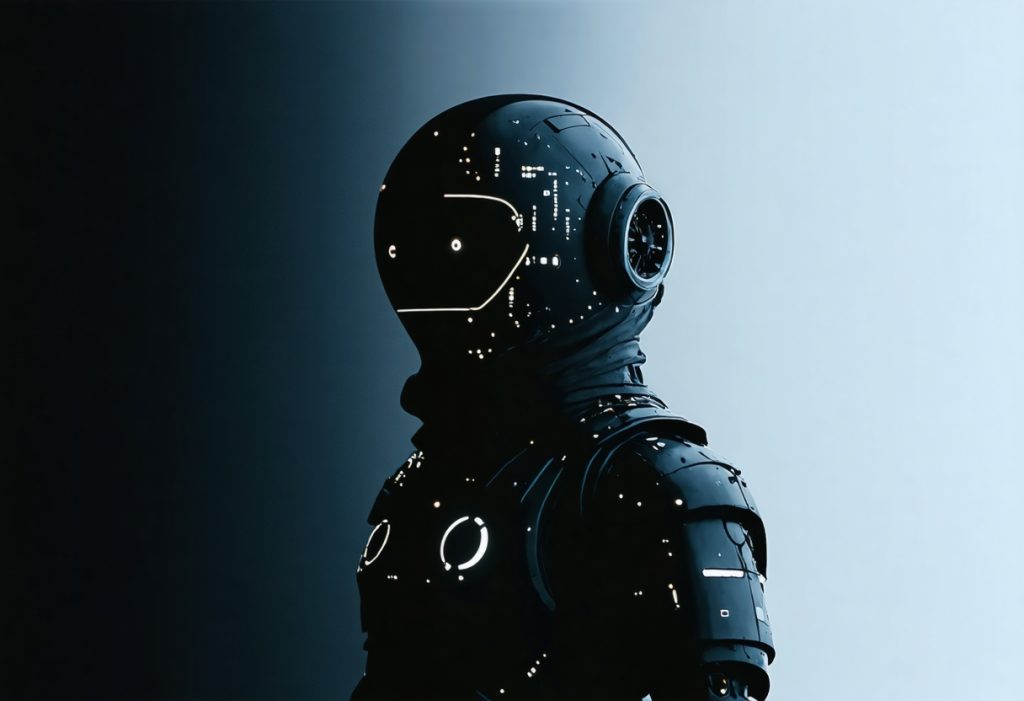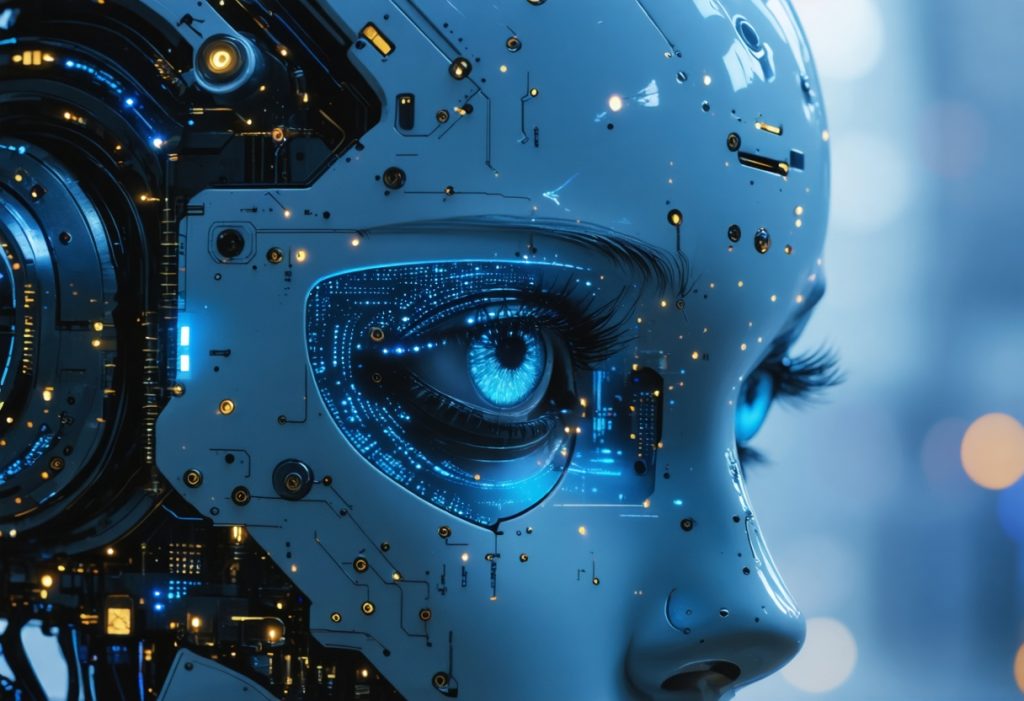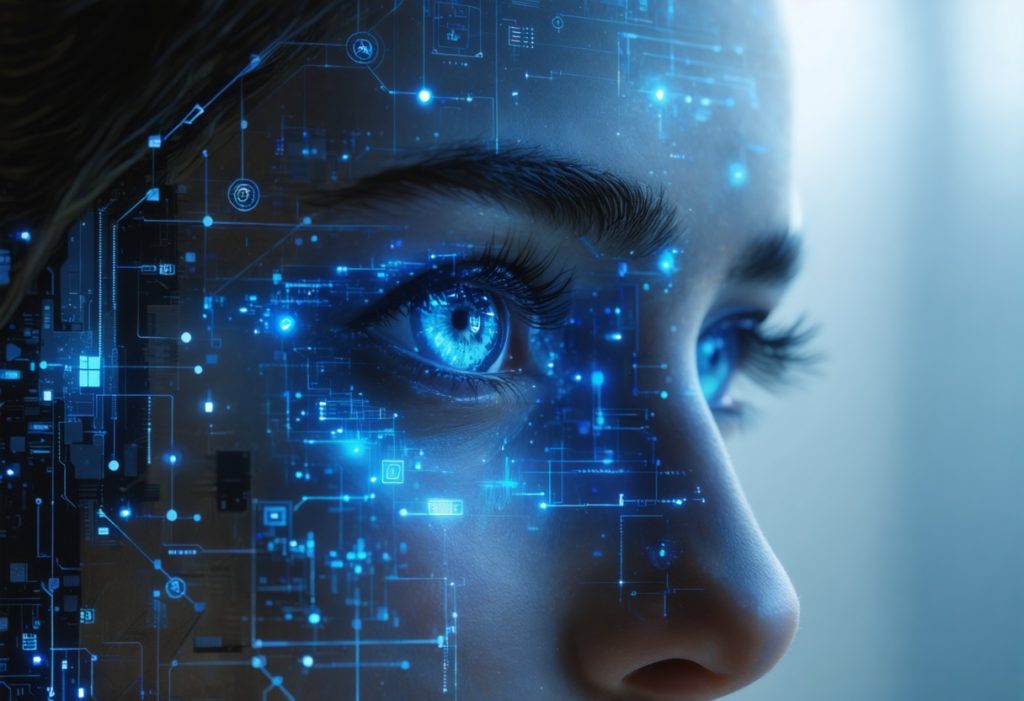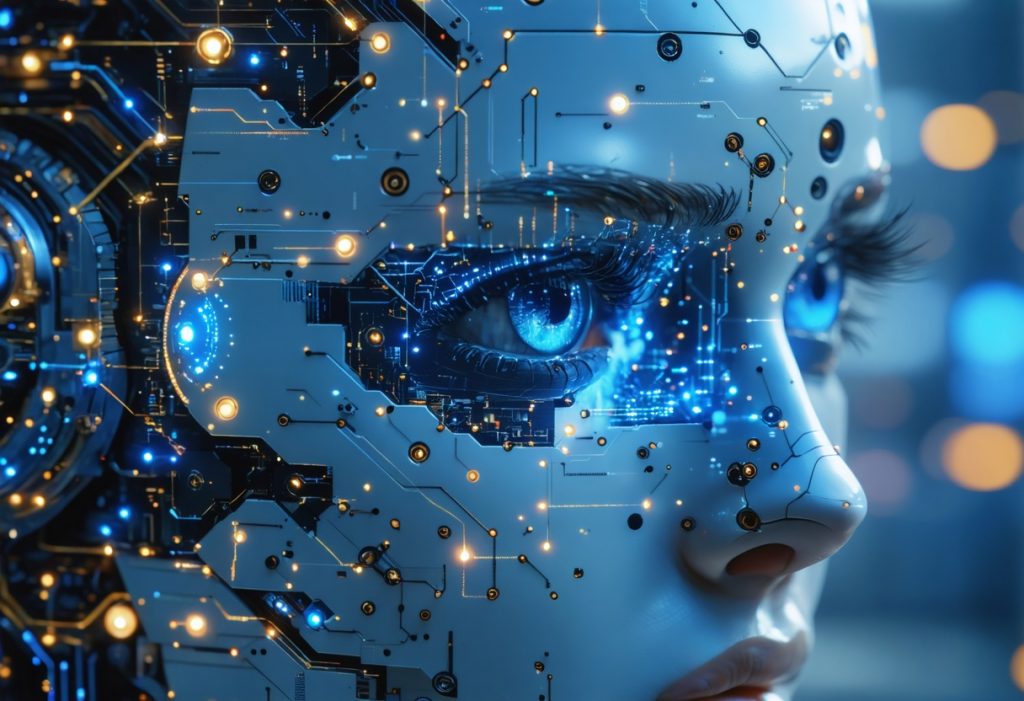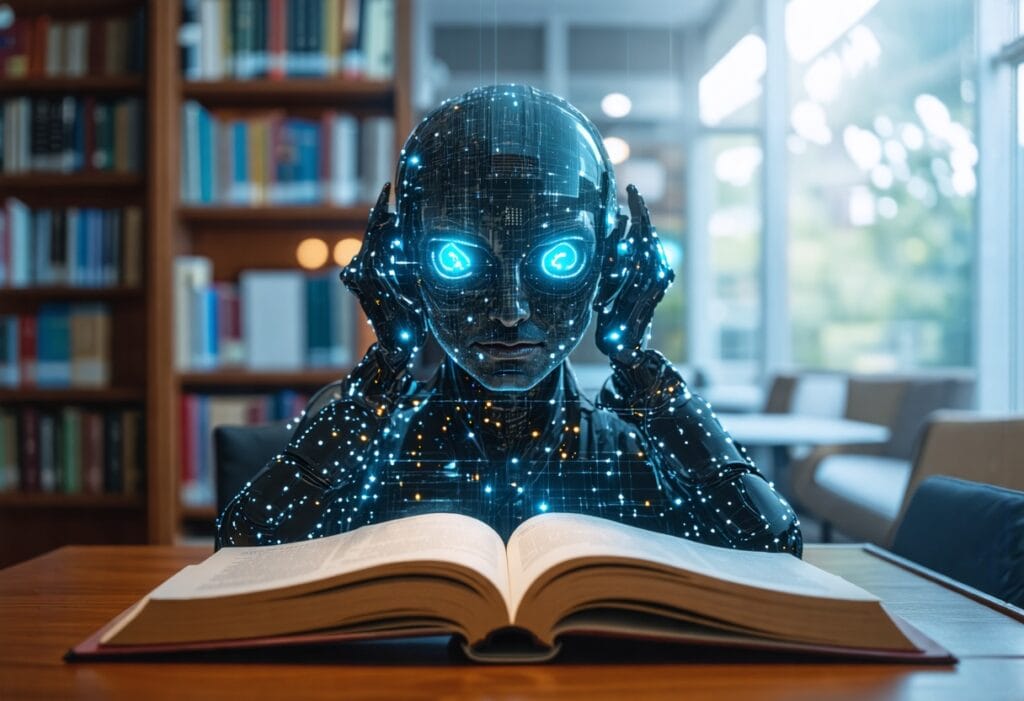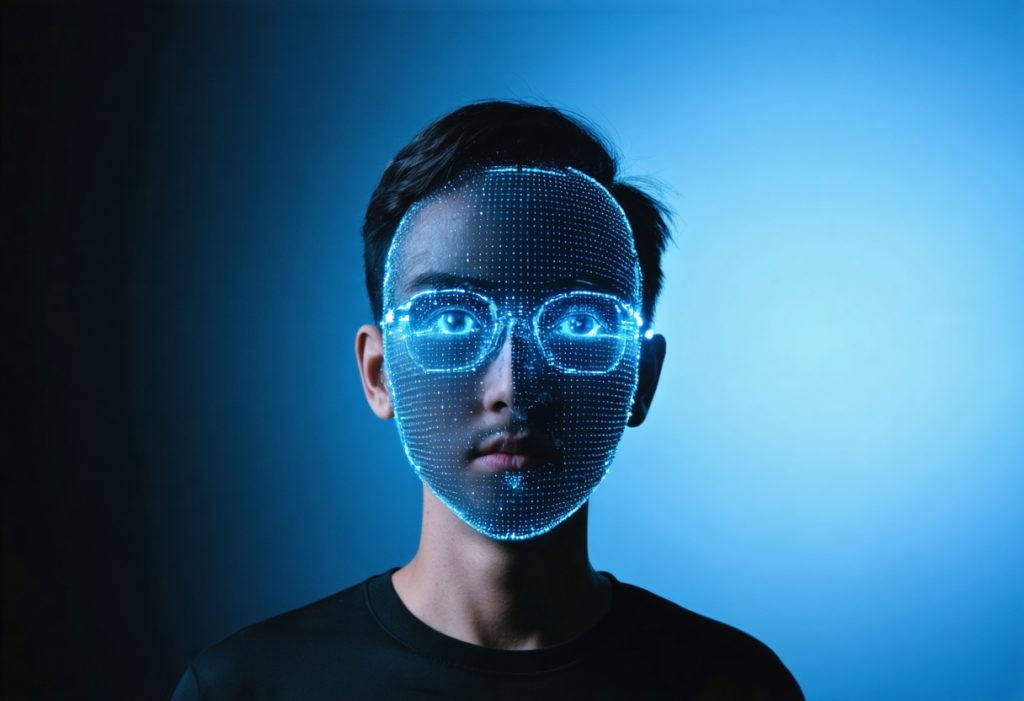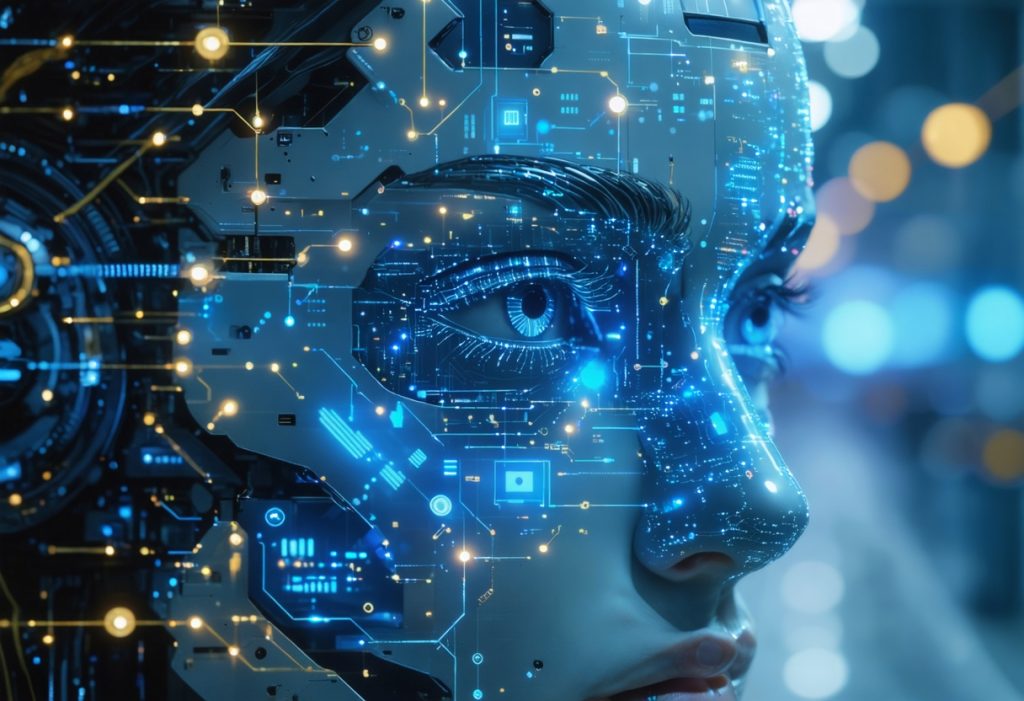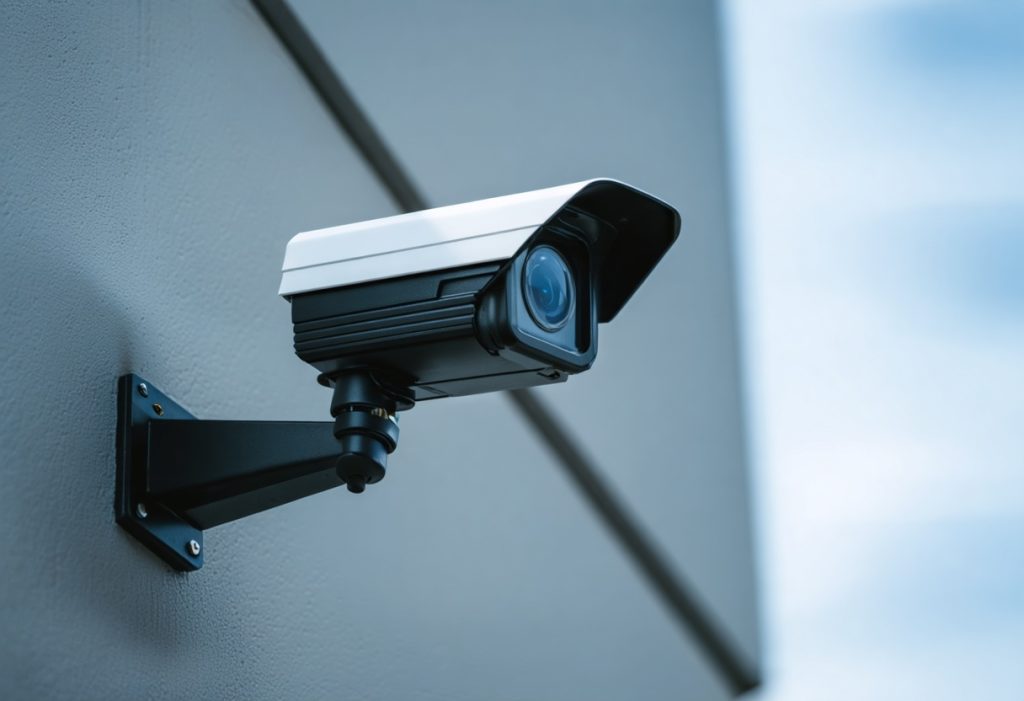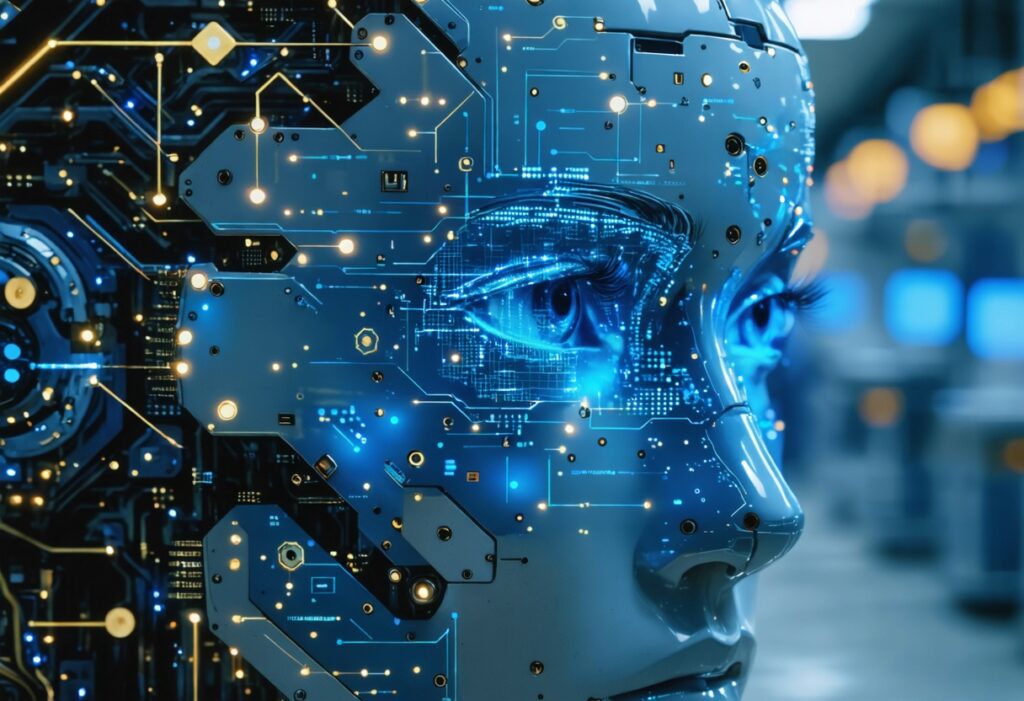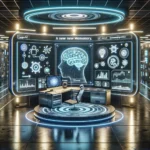Penguin Random House’s Stand on AI Training and Copyright Protection
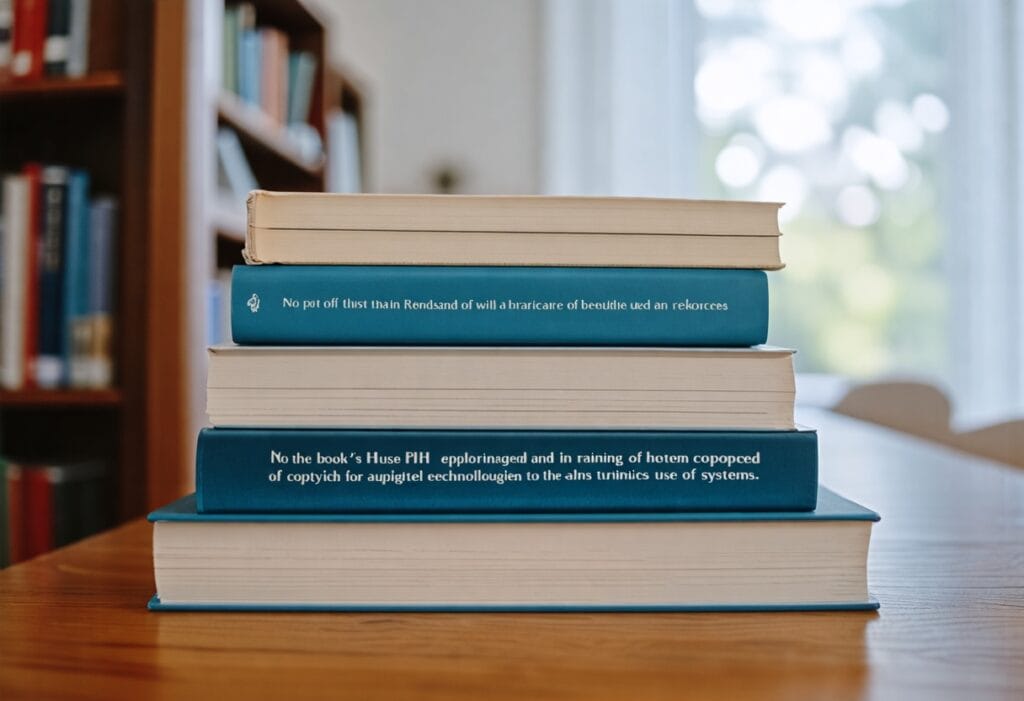
Penguin Random House Takes a Stand Against AI Training Using Its Books
In a proactive move to safeguard its intellectual property, Penguin Random House (PRH) has introduced a decisive statement across the copyright pages of its publications. This initiative arises from growing apprehensions about the exploitation of copyrighted materials for training artificial intelligence systems. By explicitly stating, “No part of this book may be used or reproduced in any manner for the purpose of training artificial intelligence technologies or systems,” PRH not only emphasizes its commitment to protect its authors’ works but also highlights the broader, ongoing debate surrounding the ethical use of content in an increasingly AI-driven landscape.
As one of the pioneering major publishers to tackle this contentious issue directly, PRH’s efforts reflect the urgent concerns raised by authors and industry advocates regarding the unauthorized use of literary content in training large language models. This stance is expected to resonate throughout the publishing industry, encouraging further discussions and potential legislative measures aimed at ensuring that creative works are not distorted or misused by emerging technologies. Stay with us as we explore the implications of this landmark decision for authors, publishers, and the realm of artificial intelligence.
The Importance of Intellectual Property Protection in the Age of AI
Intellectual property (IP) has long been a vital asset for authors and publishers, providing them with the rights to their creative works. In an age where AI technologies are rapidly evolving, the need to protect these rights has never been more pressing. Penguin Random House’s recent decision to revise its copyright statement illustrates a proactive approach to safeguarding IP from potential exploitation. The implications of unauthorized AI training on copyrighted materials could undermine the very foundation of creative industries, making it essential for publishers to set clear boundaries and protect their authors.
Understanding AI Training and Copyright Issues
The controversy surrounding AI training and copyright revolves around the use of copyrighted texts to develop sophisticated machine learning models. These models, particularly large language models (LLMs), require vast amounts of data to function effectively. Often, this prompts AI firms to scrape existing texts from various sources, including books, articles, and other publications, leading to a gray area in legality and ethics. As AI applications like chatbots and generative writing tools become more commonplace, the stakes involved in protecting authors’ works become increasingly significant.
PRH’s Preemptive Copyright Clauses
By incorporating explicit clauses in the copyright pages of its books, PRH sets a precedent for how publishers can assert control over their content. These statements, while not legally binding in a strict sense, serve as a crucial declaration of intent, akin to a digital “robots.txt” that requests bots to refrain from accessing certain content. This measure reflects a growing awareness among publishers about the potential threats that AI poses to their intellectual property and the necessity to safeguard against unauthorized use.
The Role of Authors’ Advocacy Groups
The response from authors’ advocacy groups has been overwhelmingly supportive of PRH’s initiative. Organizations like the Authors’ Licensing and Collecting Society (ALCS) have lauded the move as a meaningful step towards protecting creative rights in the digital landscape. These groups argue that if publishers are to engage more profoundly with the implications of AI, they must advocate not just for general policy changes, but also push for strict guidelines addressing the specific concerns of authors regarding their work’s use in AI training.
Calls for Comprehensive Inclusions in Author Contracts
Despite the positive feedback towards PRH’s policy changes, there remains a sentiment that additional actions are necessary. The Society of Authors (SoA) has emphasized the need for publishers to integrate explicit protections into author contracts. This would ensure that writers are adequately informed about whether their works could be used for AI training purposes. By creating more robust contract language, publishers can not only protect themselves legally but also bolster the confidence of authors in the industry’s commitment to safeguarding their creations.
Industry Implications and Potential Legislative Action
As the dialogue about AI and copyright continues to unfold, the potential for broader industry implications cannot be overlooked. PRH’s stance may prompt other publishers to follow suit, fostering a unified front against the unauthorized use of copyrighted materials. Furthermore, this decision opens the door to discussions around legislative action to define and reinforce the rights of authors in the era of AI. The pressing need for policies that address these modern challenges may drive lawmakers to consider frameworks that protect creative rights in a digital age.
Future Outlook: The Evolving Relationship Between AI and Creative Works
As advancements in AI technology continue to transform the landscape of content creation, the relationship between AI systems and creative works will undoubtedly evolve. While the immediate response from publishers may involve targeted copyright clauses, the long-term solutions will require thoughtful discourse among authors, publishers, technologists, and legal experts. Finding common ground that permits innovation while preserving the integrity and rights of creative individuals will be central to the ongoing conversation around copyright in the age of AI.
Challenges and Solutions Moving Forward
While PRH has taken a significant step forward, the journey towards comprehensive copyright protection against AI training is fraught with challenges. A major concern includes the enforcement of any protective measures if AI companies continue to operate in a legal gray area. Collaborative initiatives among publishers and advocacy groups may emerge as powerful solutions, enabling the creation of standardized contract provisions and shared resources for authors. By going beyond individual protections, the industry could build a framework that establishes more robust safeguards for all creators.
The Broader Ethical Implications of AI Usage
The ethical complexities surrounding AI training raise essential questions about ownership, authorship, and the value of human creativity. As AI technologies learn from human-created data, issues of authenticity and originality come to the forefront. This debate extends beyond legalities, prompting philosophical inquiries into what constitutes an original idea in an age where machine learning can synthesize existing works. The urgency for ethical considerations in AI training frameworks is paramount, ensuring that the advancement of technology does not come at the expense of creative integrity.
Conclusion: The Path Ahead for Authors and Publishers
In light of recent developments, the publishing industry finds itself at a critical juncture. With growing recognition from operating personalities and advocacy groups, momentum is building to address the challenges associated with AI and copyright protection decisively. The collaborative efforts of publishers, authors, and legal advocates will be crucial in shaping a future where both human creativity and technological advancement can thrive harmoniously.
Navigating the Future of Intellectual Property in an AI-Dominated World
As the discourse around artificial intelligence and its implications for creative industries continues to gain traction, the proactive steps taken by Penguin Random House serve as a pivotal moment in safeguarding intellectual property rights. The publishing giant’s incorporation of explicit copyright clauses underscores the urgent need for clear policies that protect authors from unauthorized use of their work. This landmark decision not only sets a precedent within the publishing sector but also invites broader conversations among stakeholders about the ethical considerations of AI in content creation.
The ongoing collaboration between publishers, authors, and advocacy groups will be essential in crafting comprehensive solutions that address the complexities posed by AI technologies. By fostering a unified approach, the industry can develop robust frameworks that ensure the integrity of creative works while allowing for technological innovation. As we move forward, it will be imperative to remain vigilant and proactive in establishing protections that honor the contributions of human creators, ultimately paving the way for a balanced coexistence between artistic expression and artificial intelligence.
In an era where the rapid evolution of technology continuously reshapes the landscape of media and literature, understanding and navigating the nuances of copyright in relation to AI will be critical. The commitment to ethical standards and proactive measures will not only protect individual creators but will also enhance the sustainability of the creative industries as a whole. It is a time for unity and proactive action as we strive to uphold the rights of authors and foster a future where creativity can flourish alongside technological advancements.
